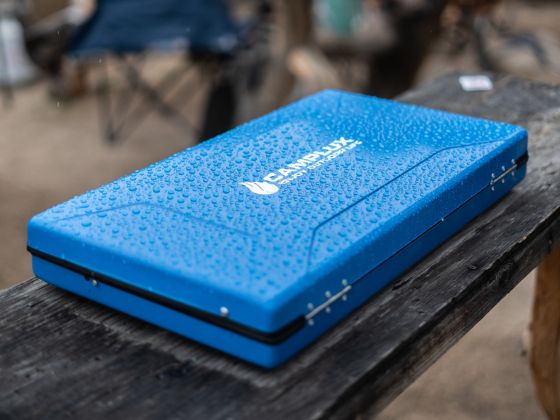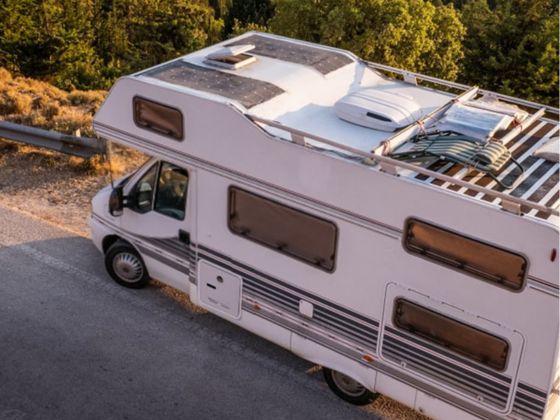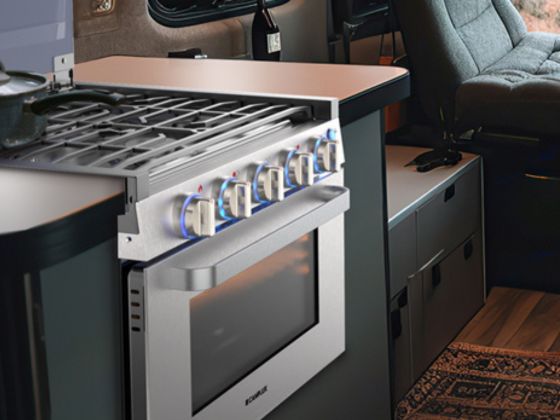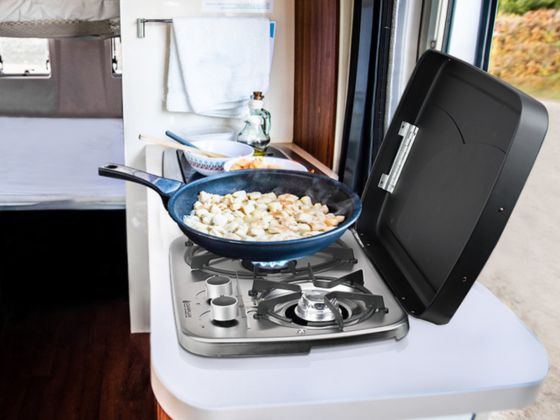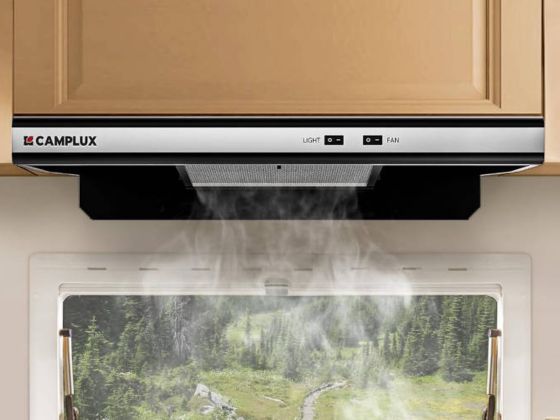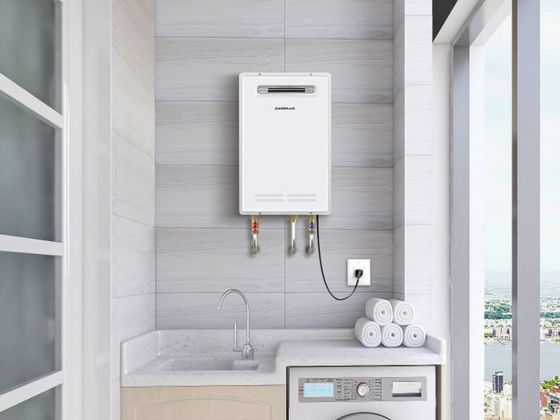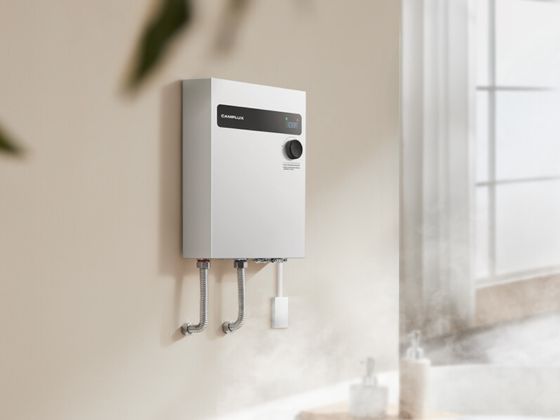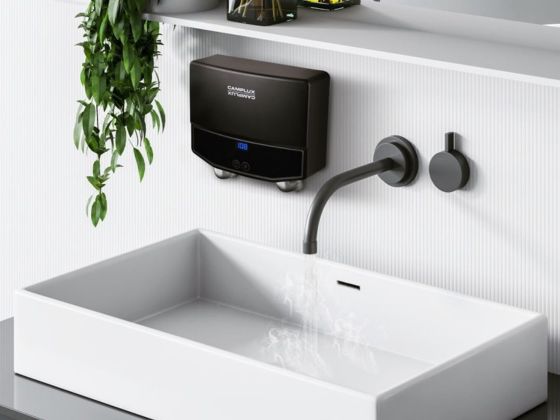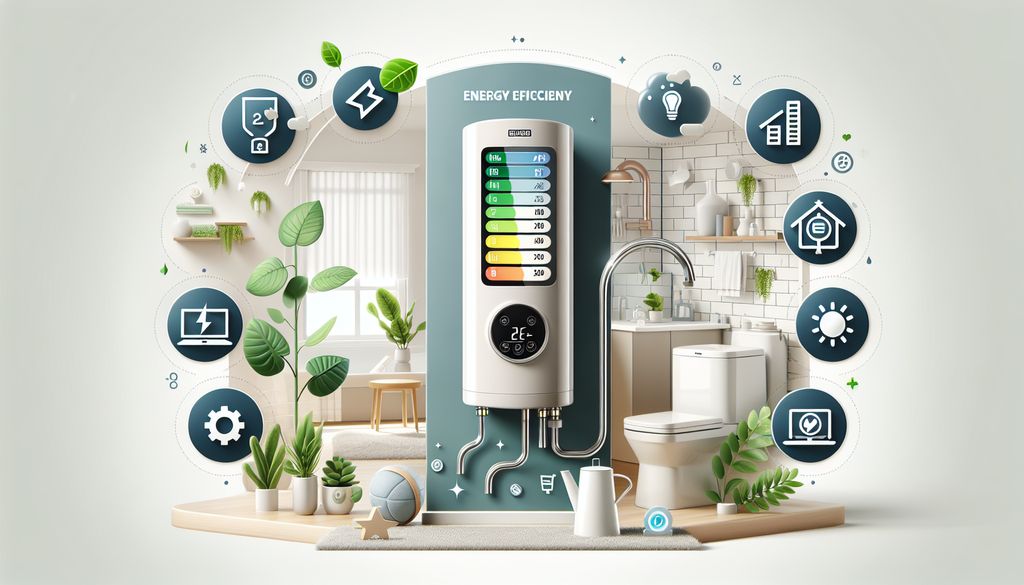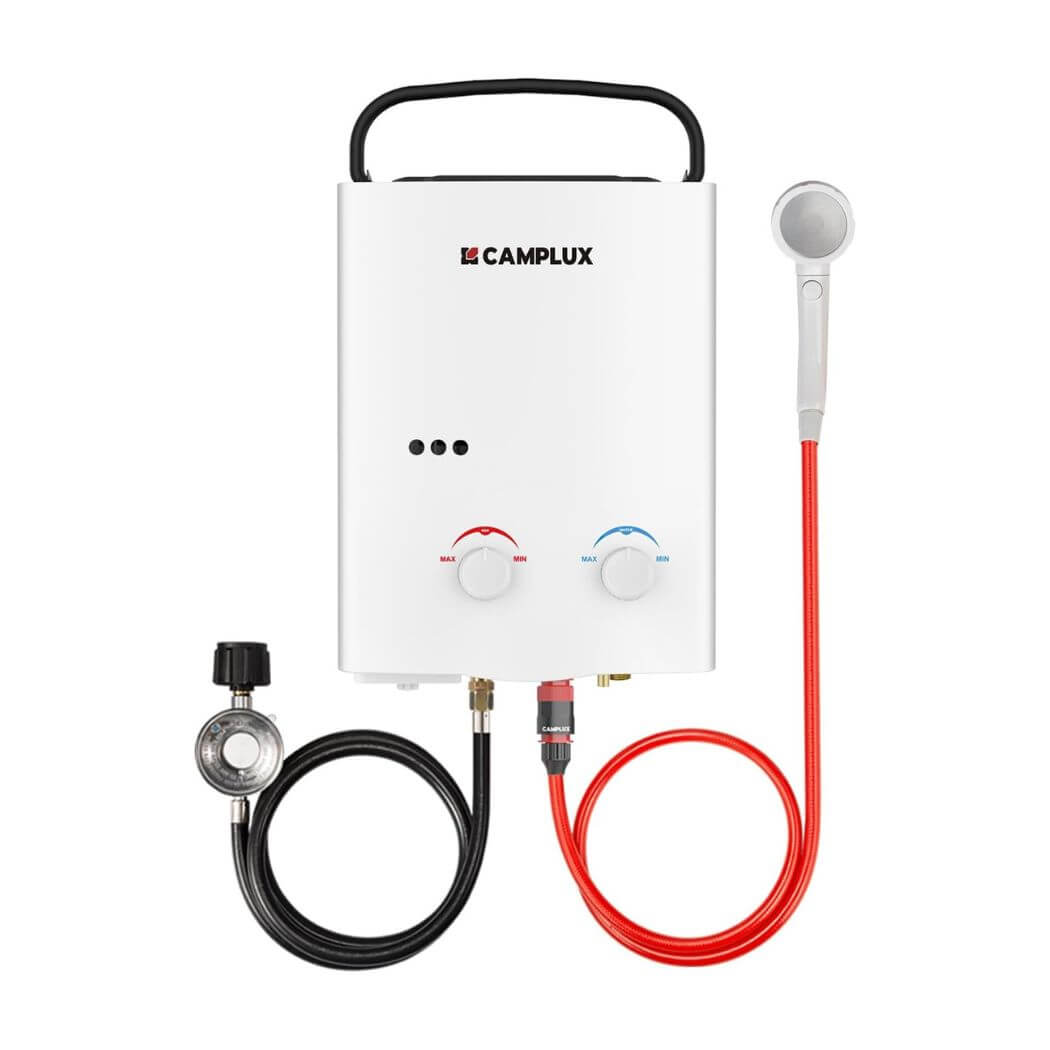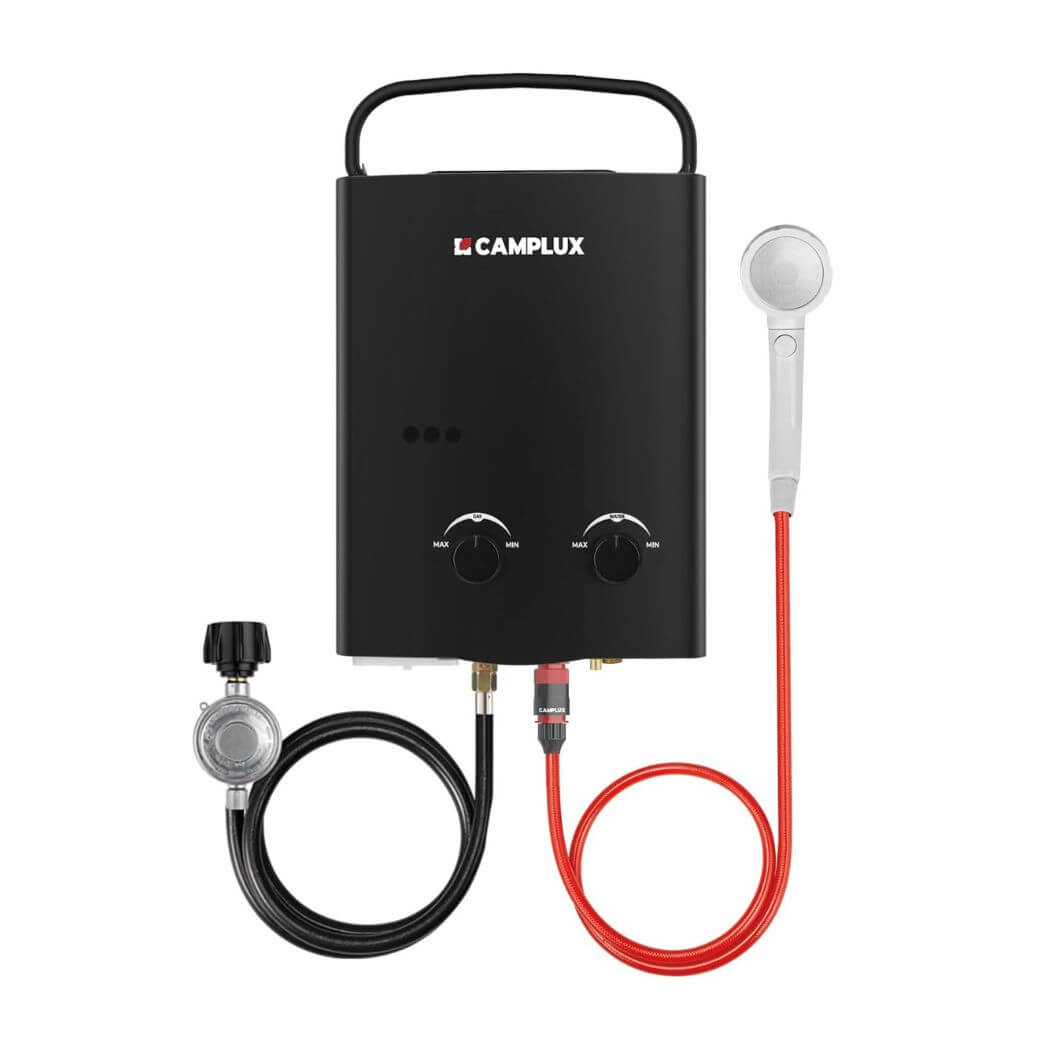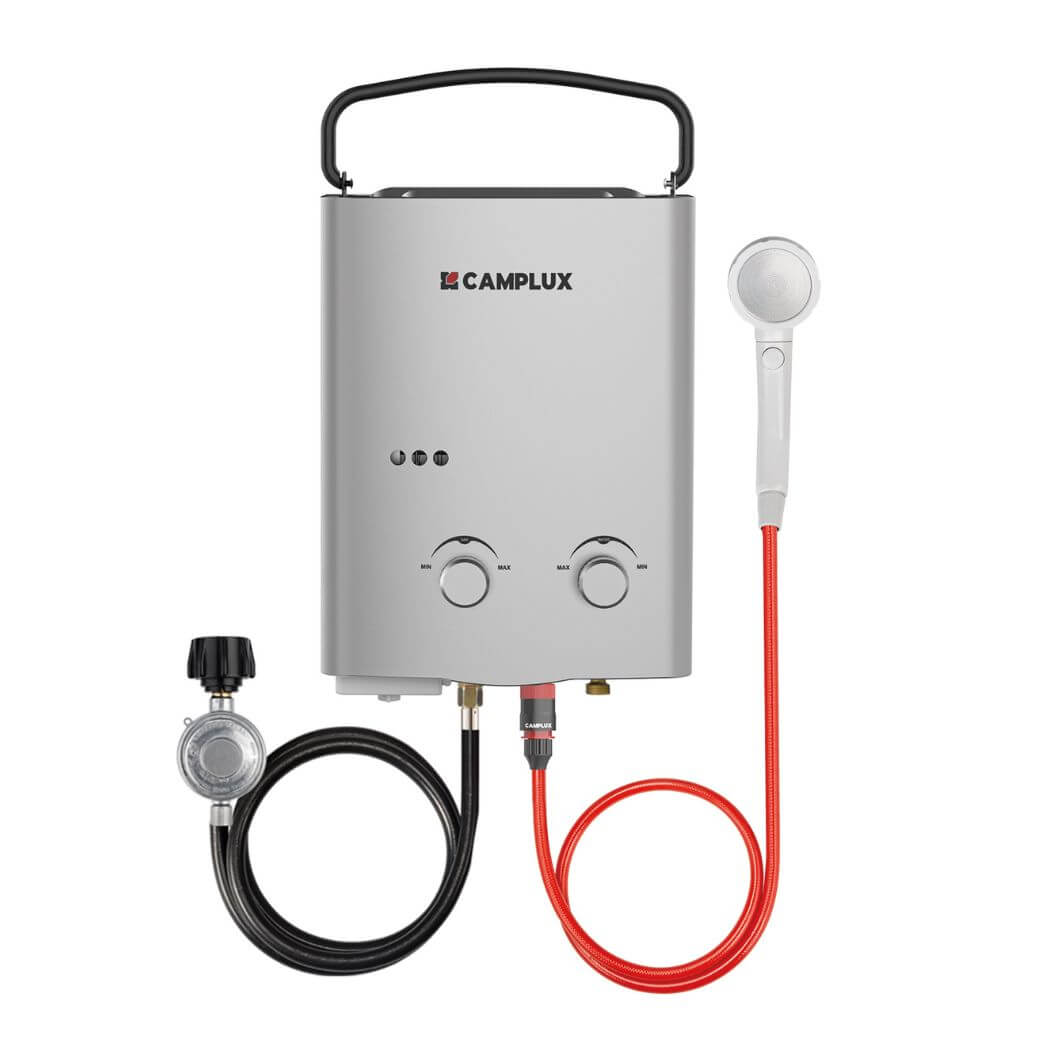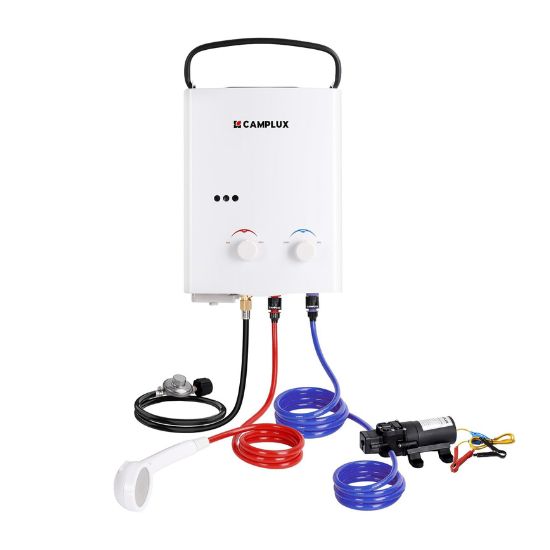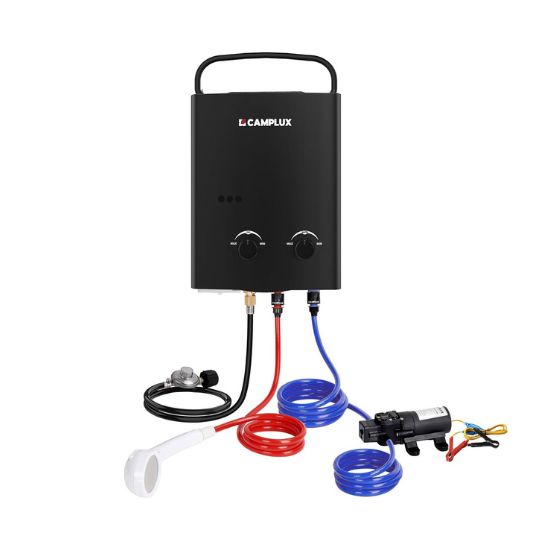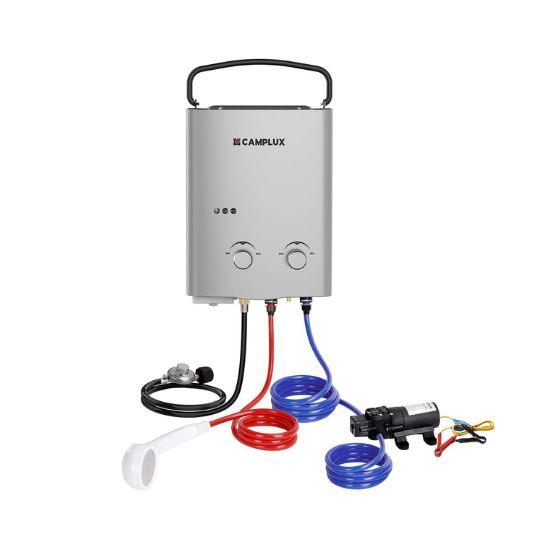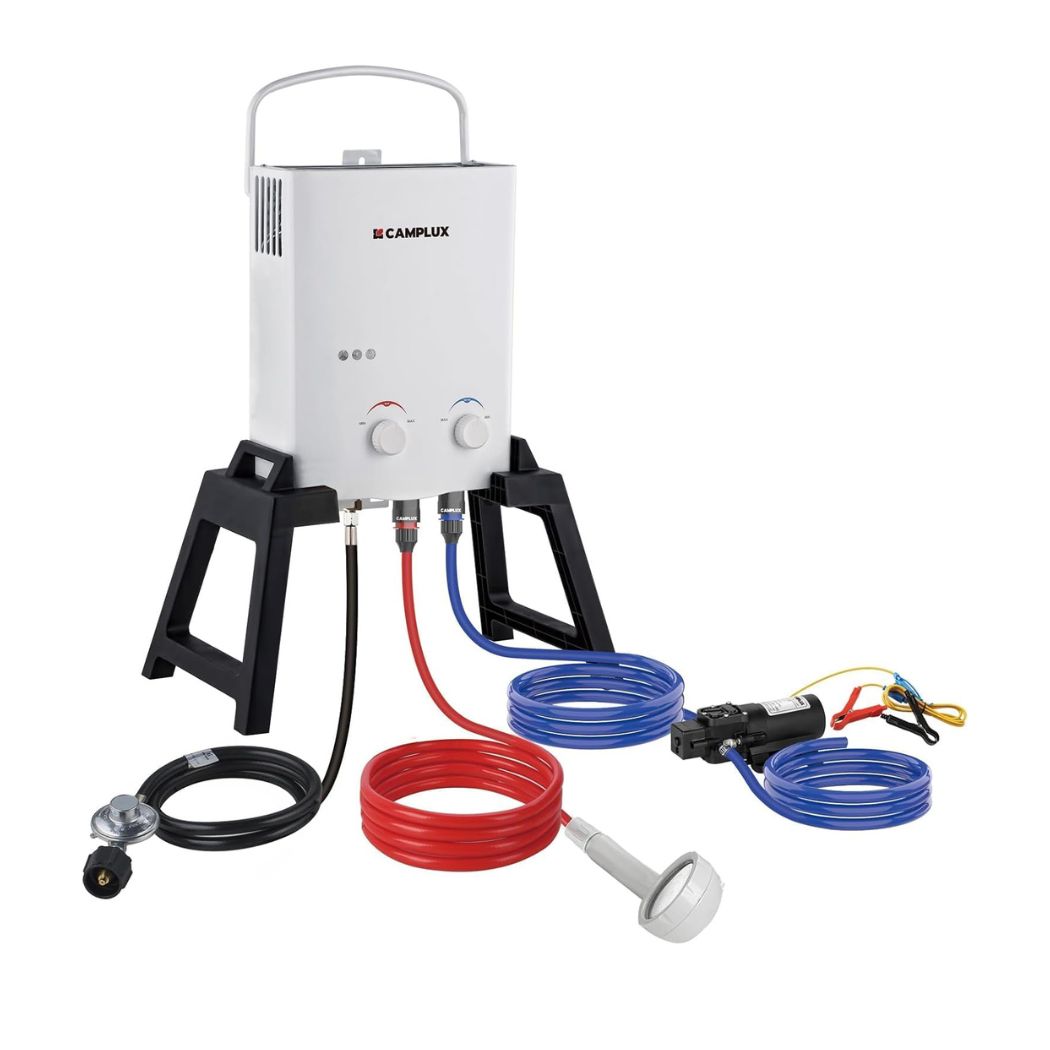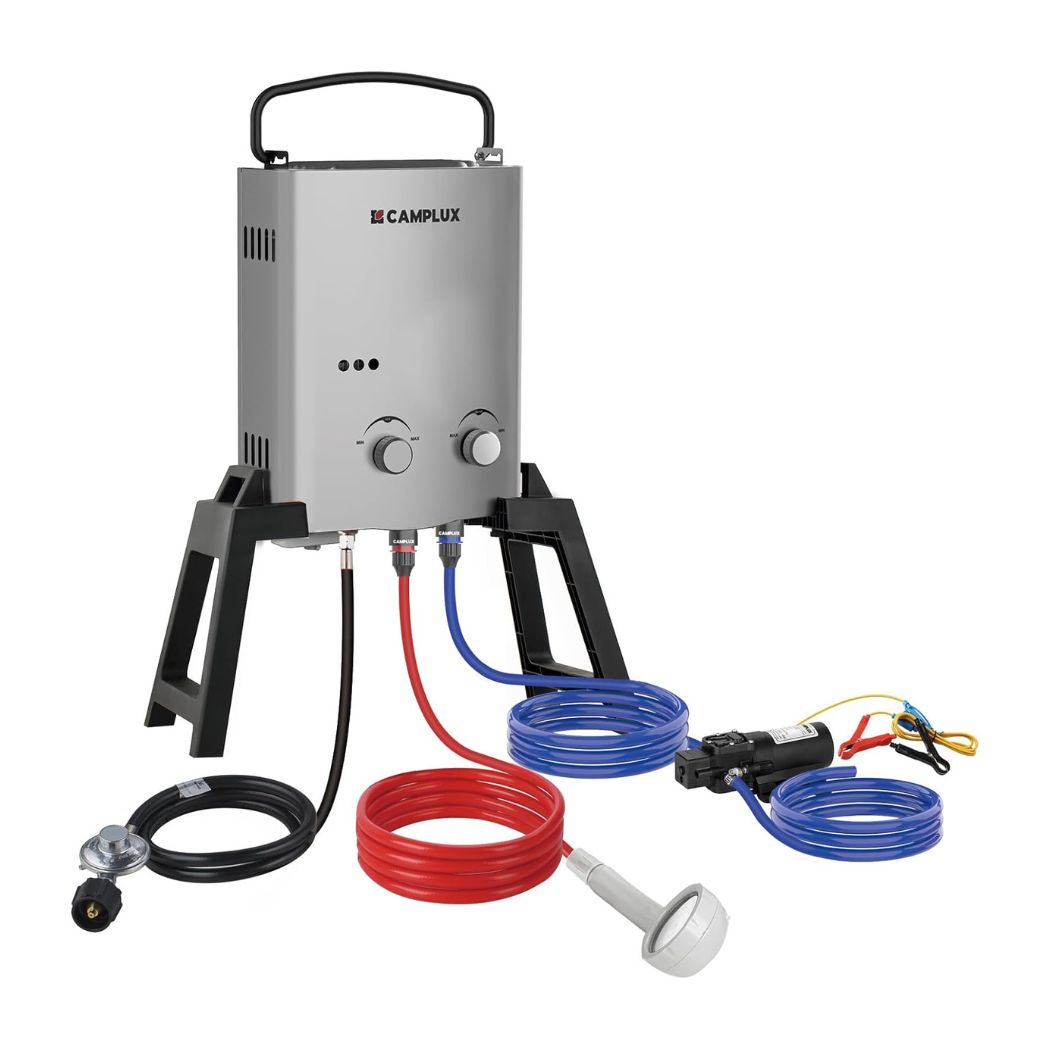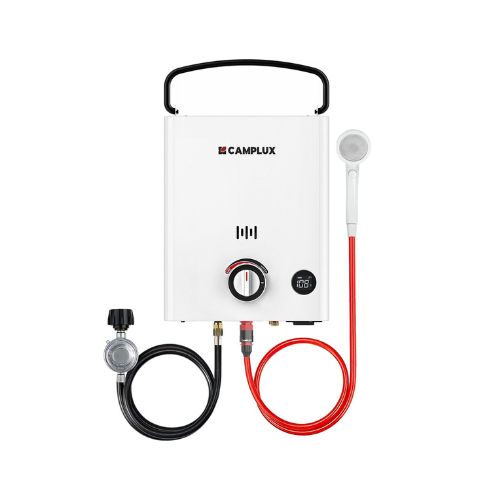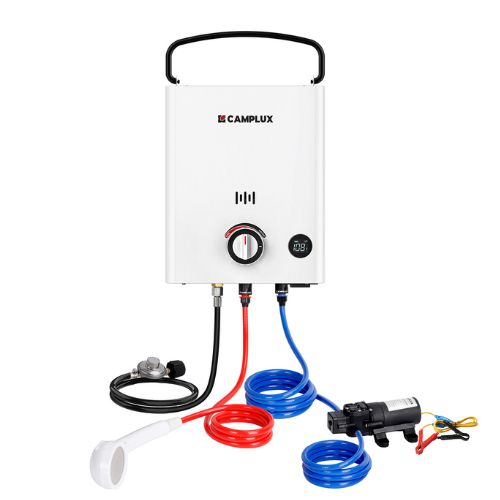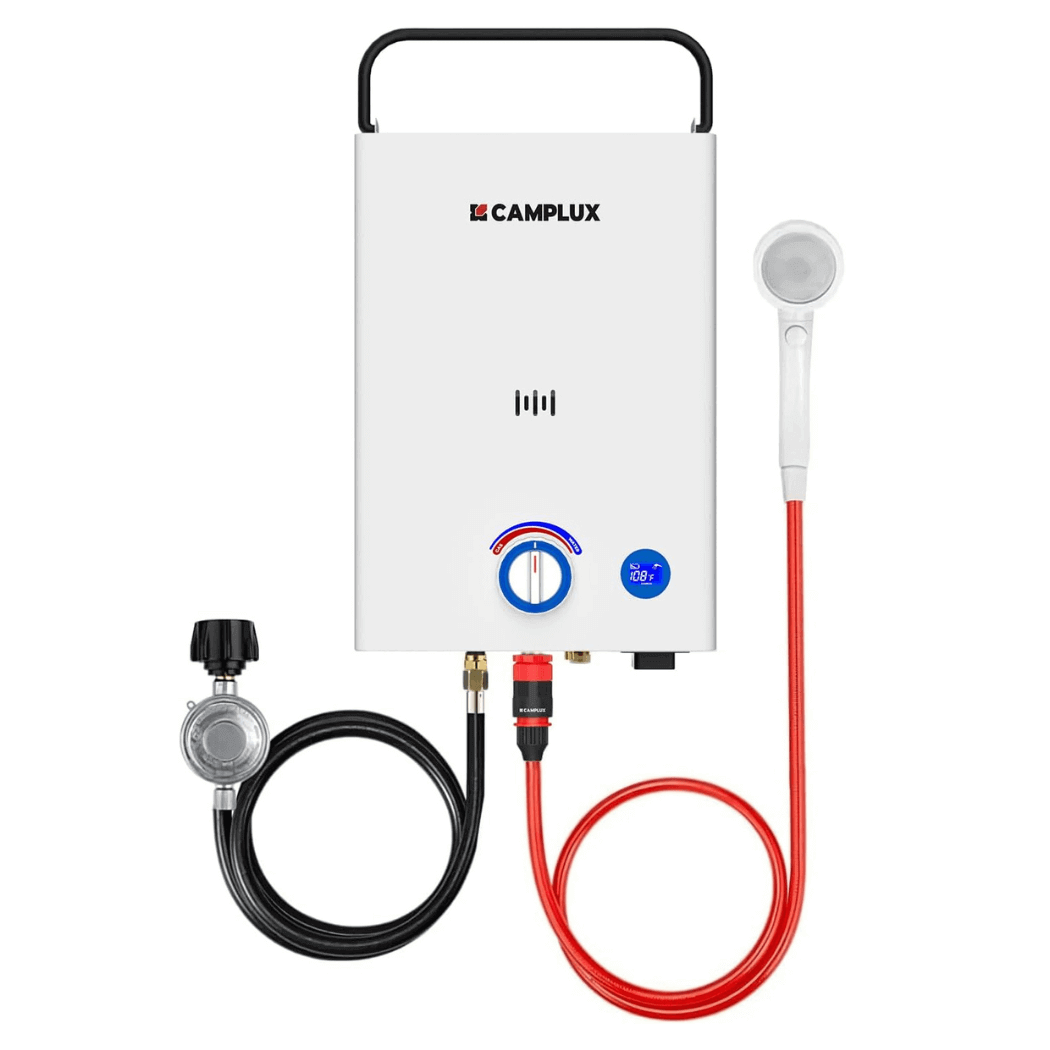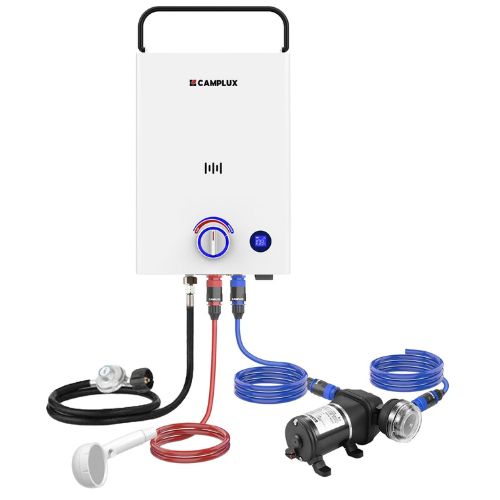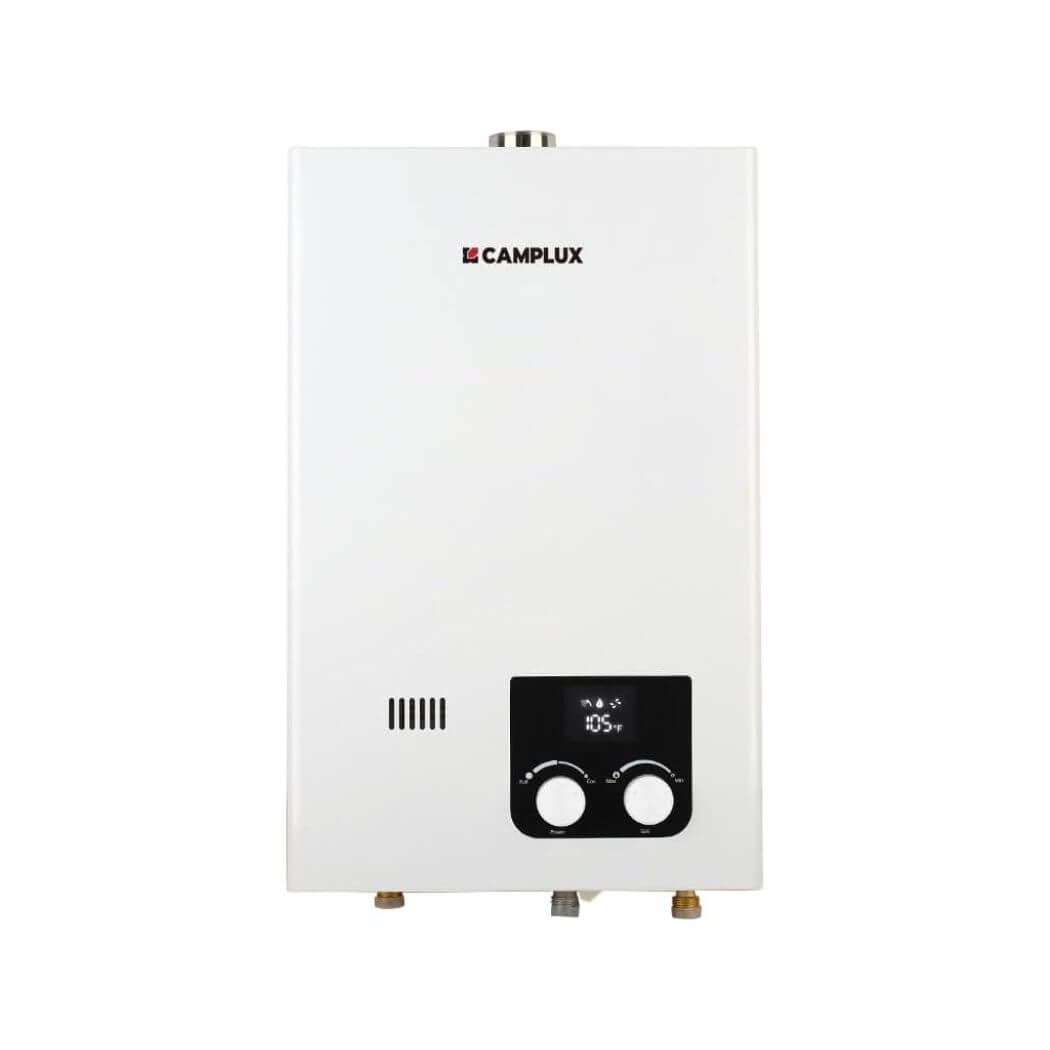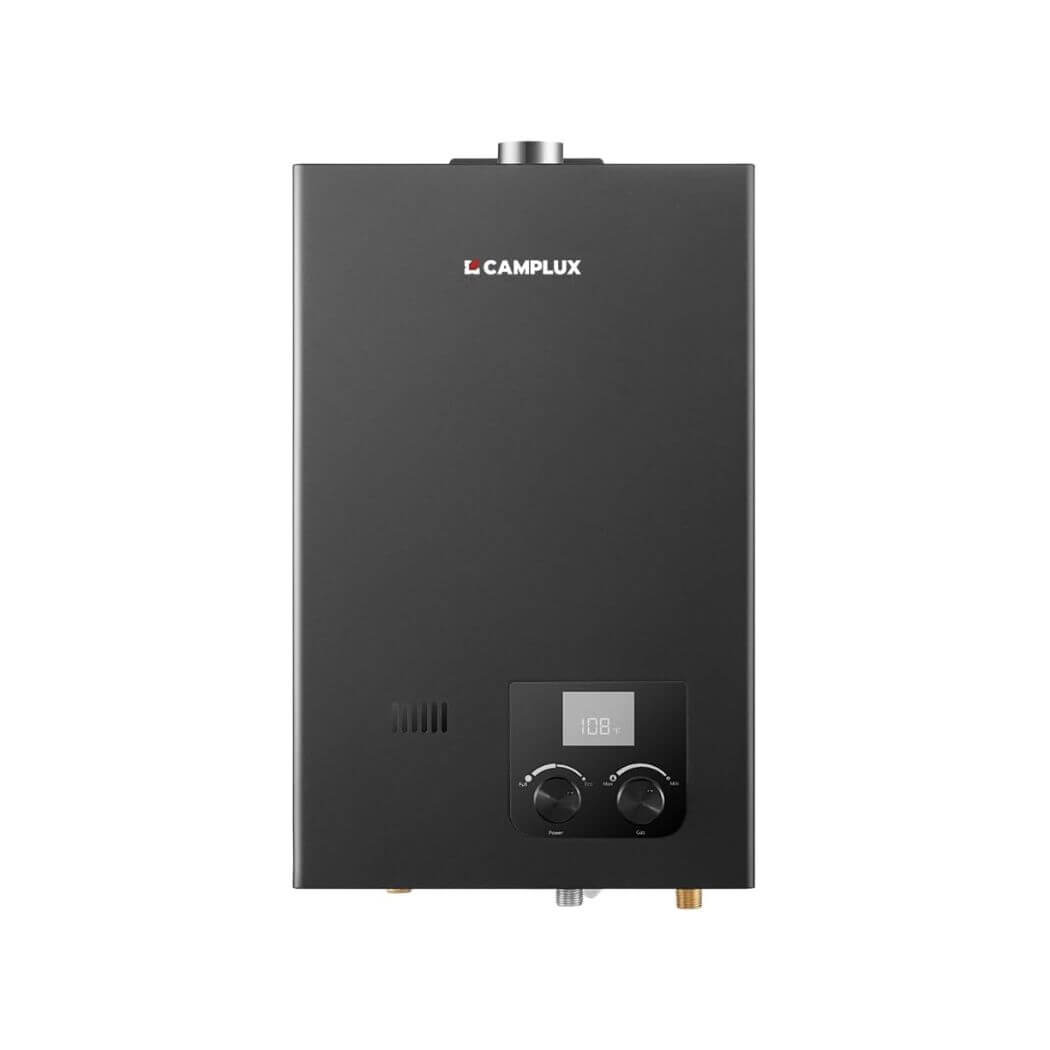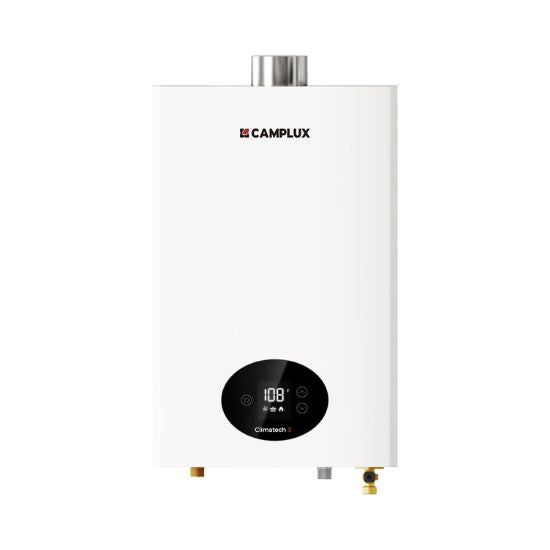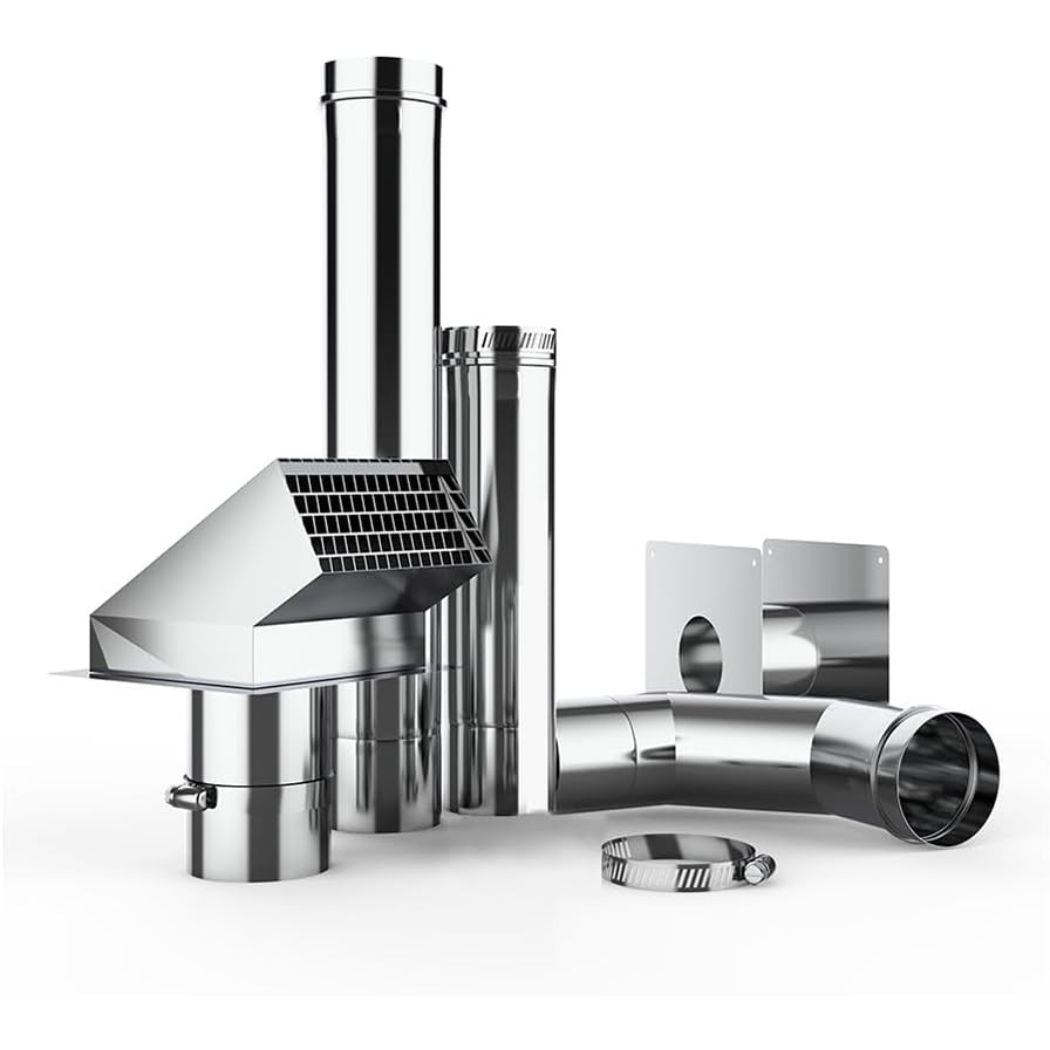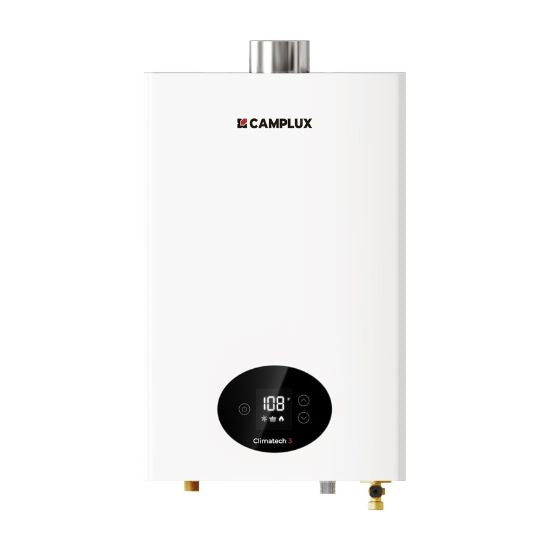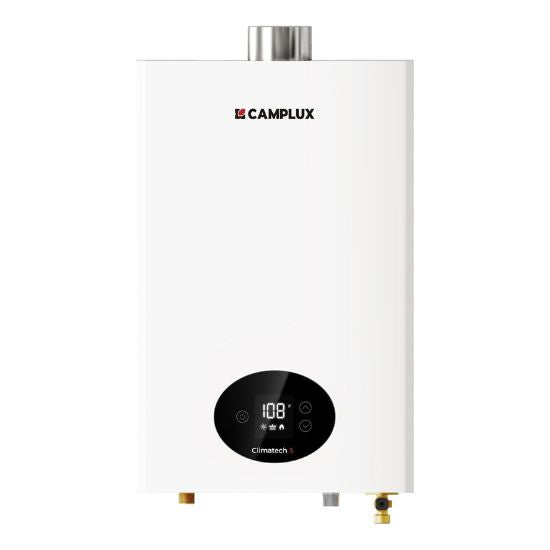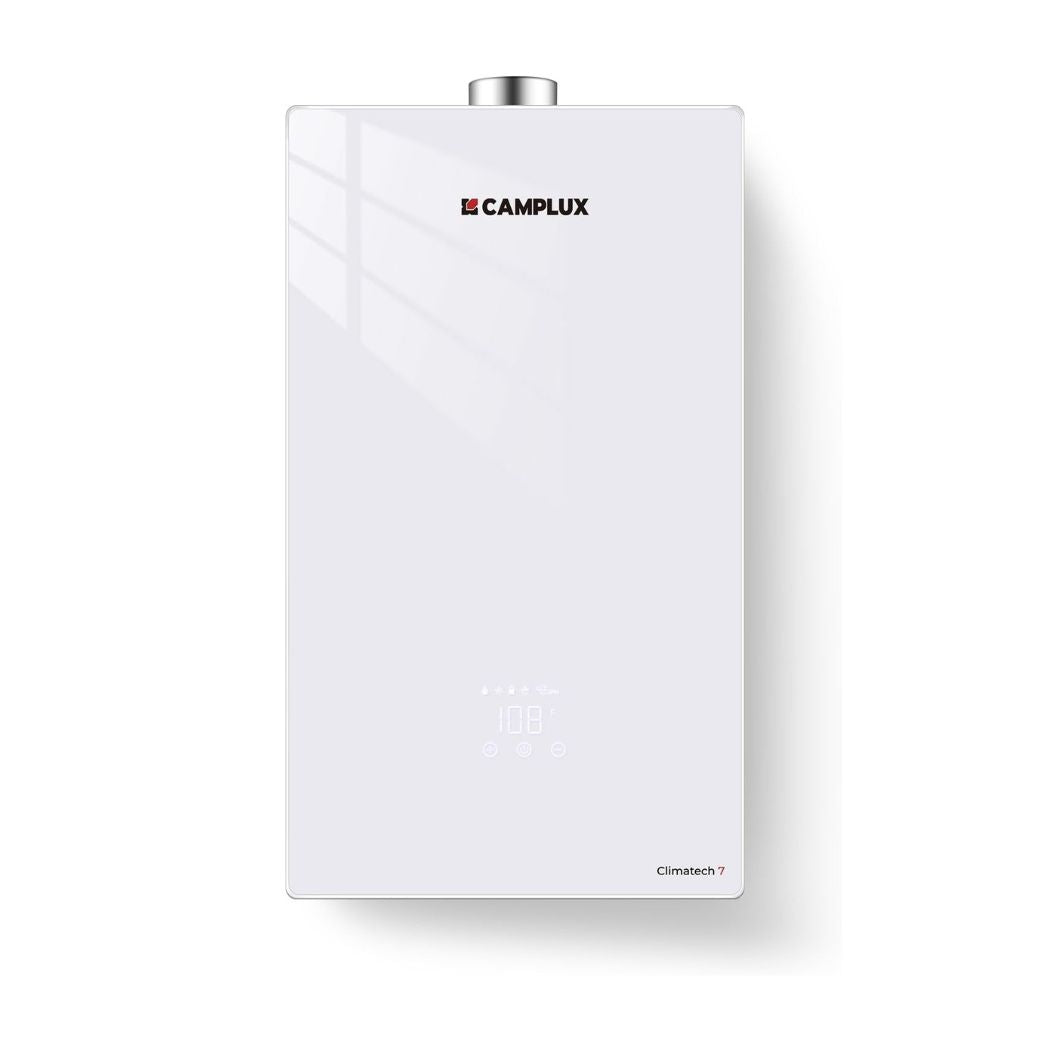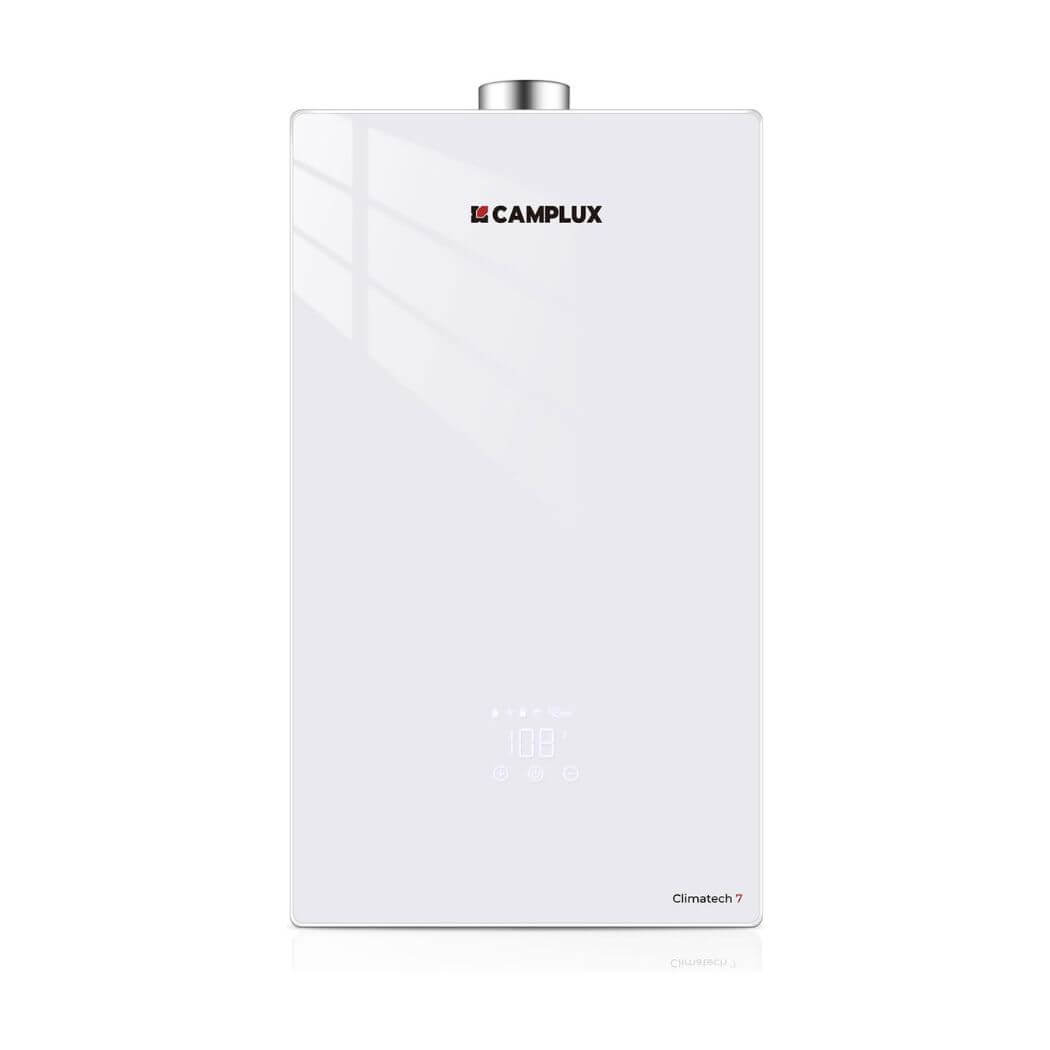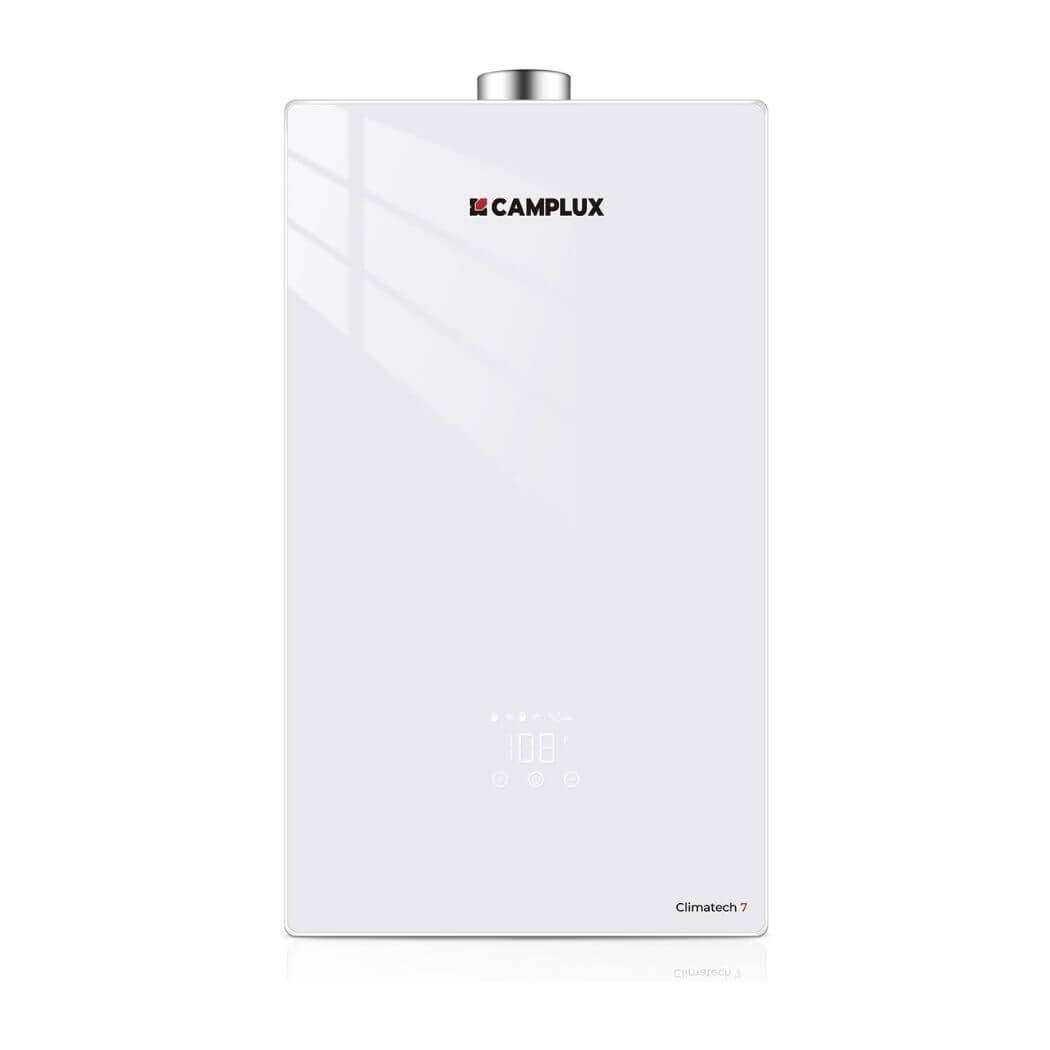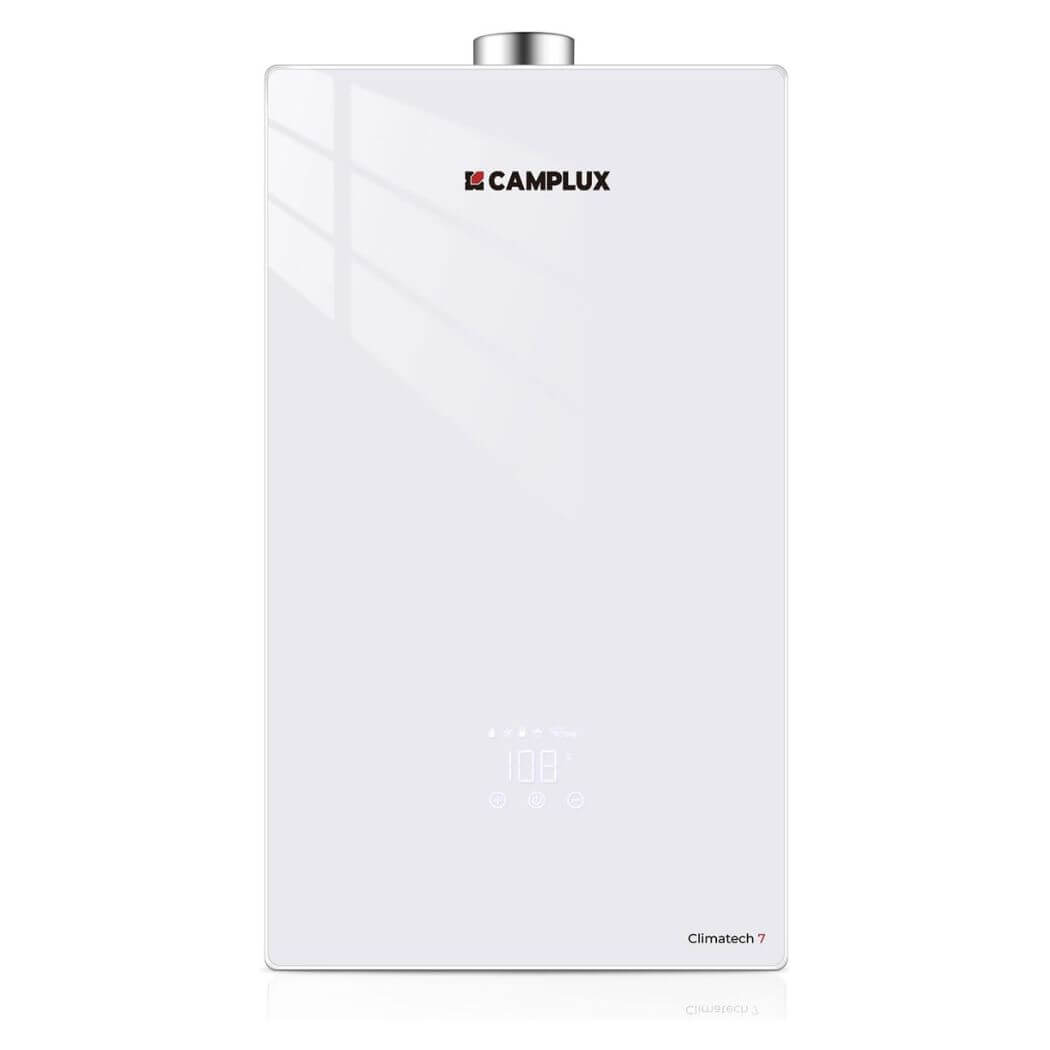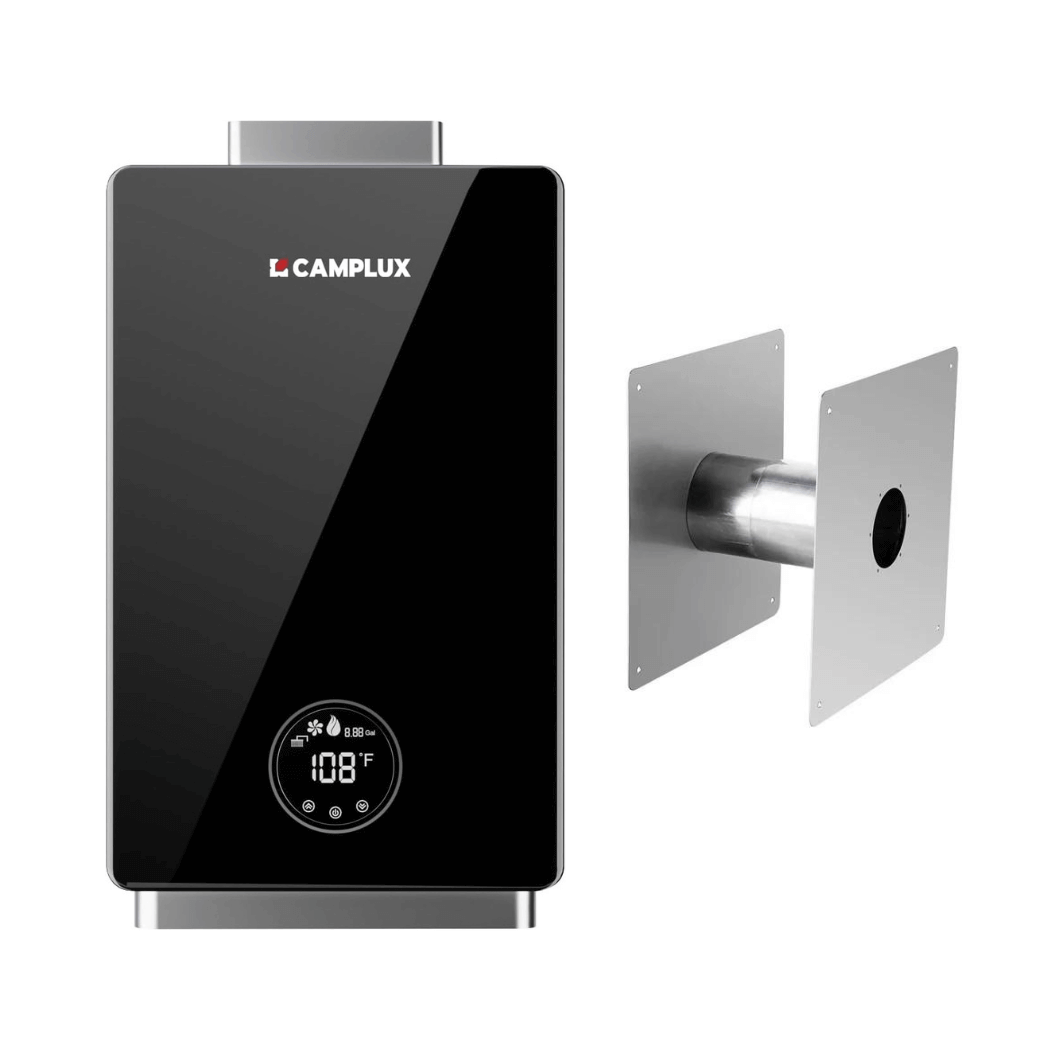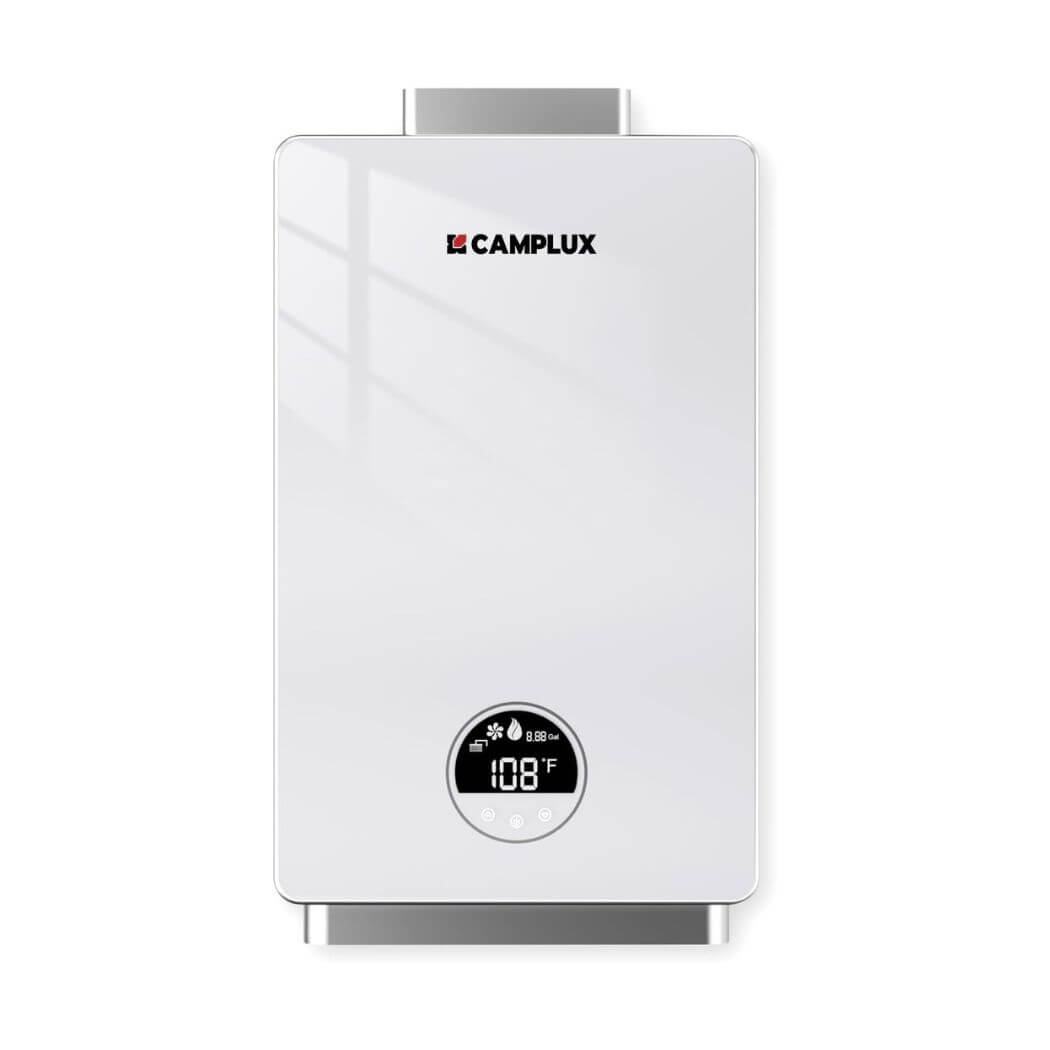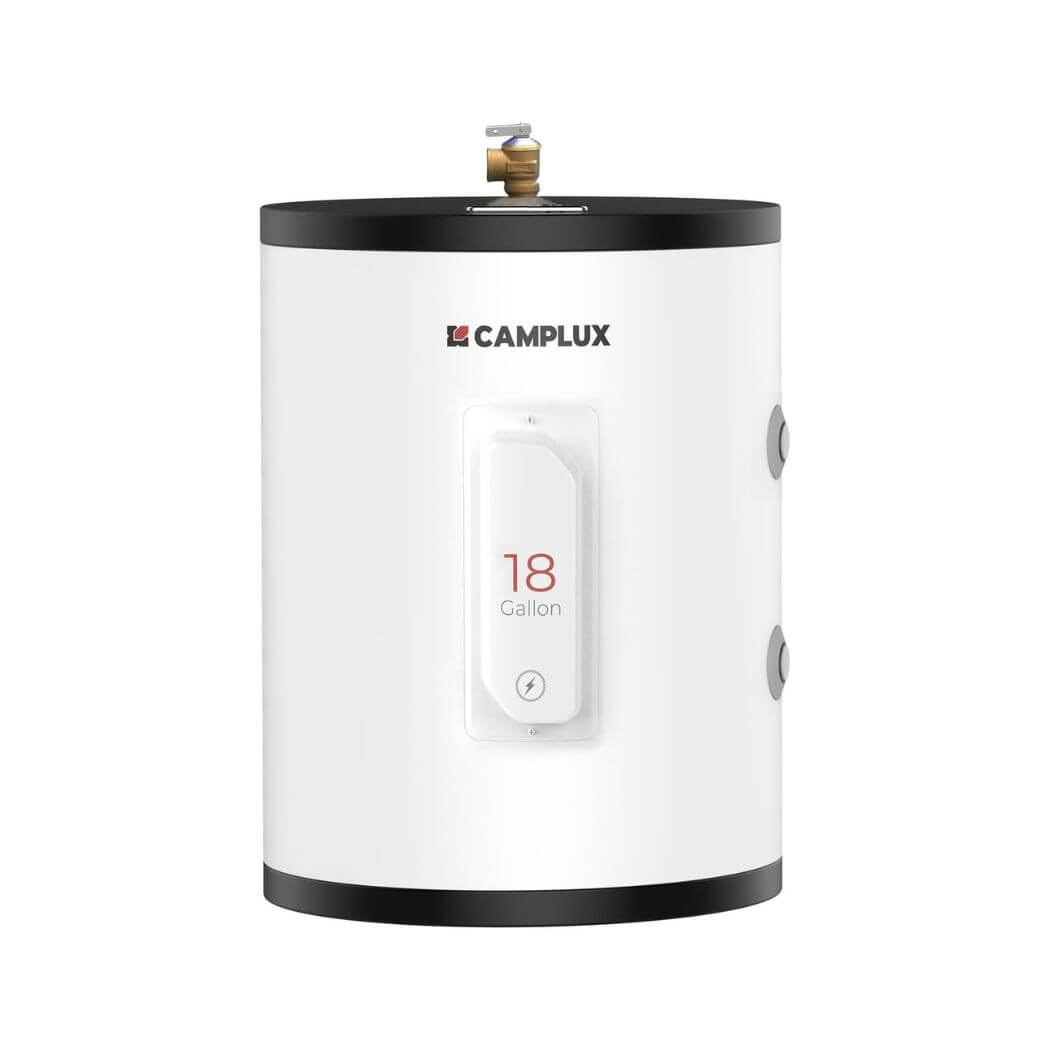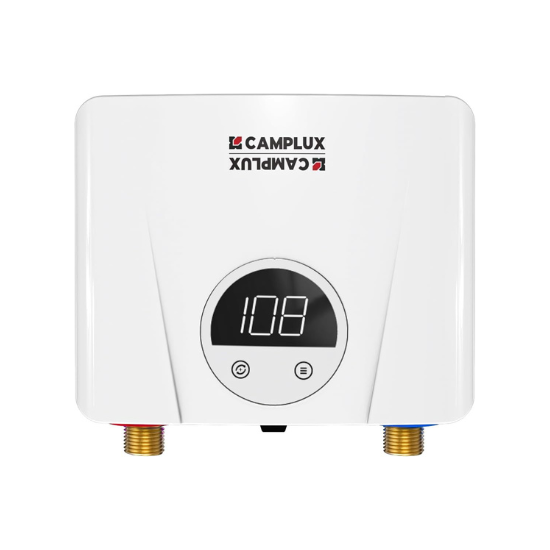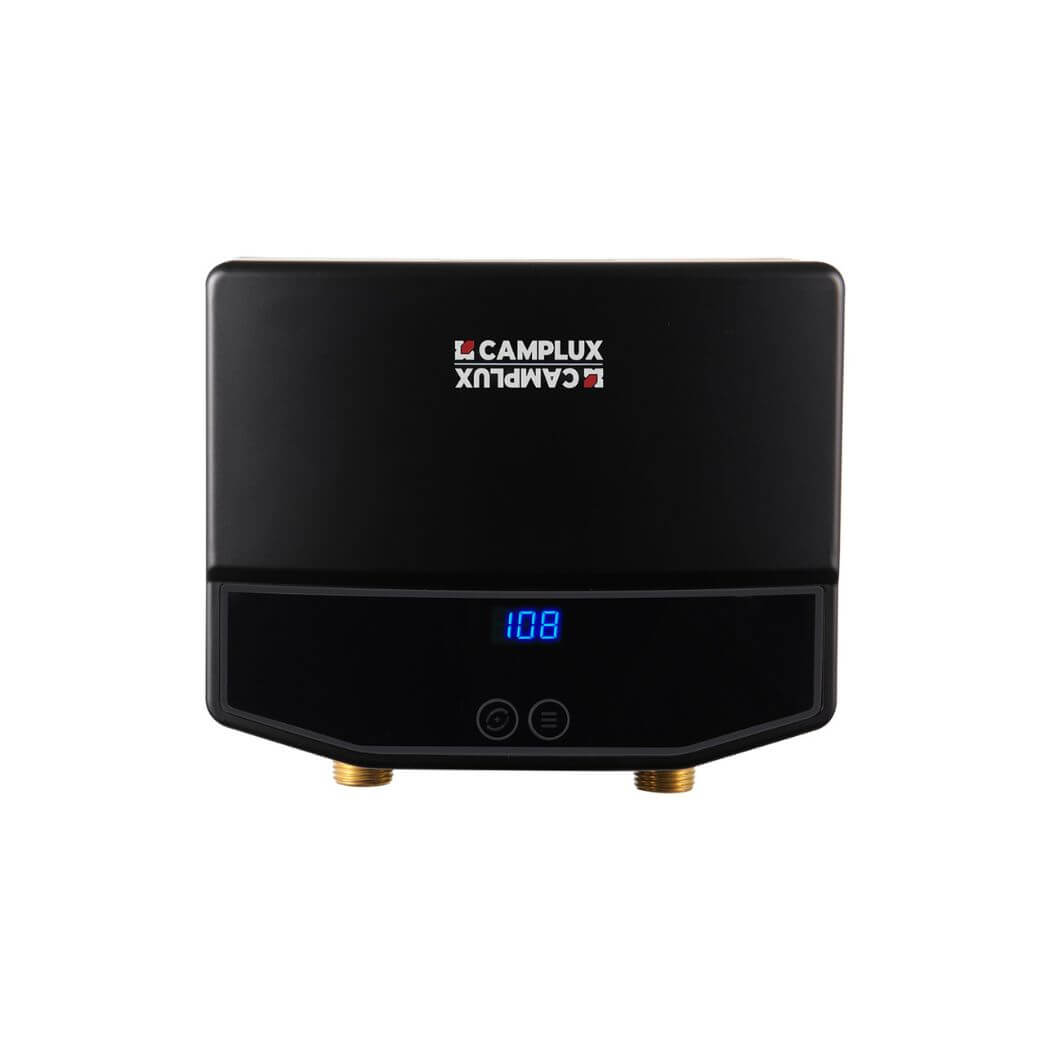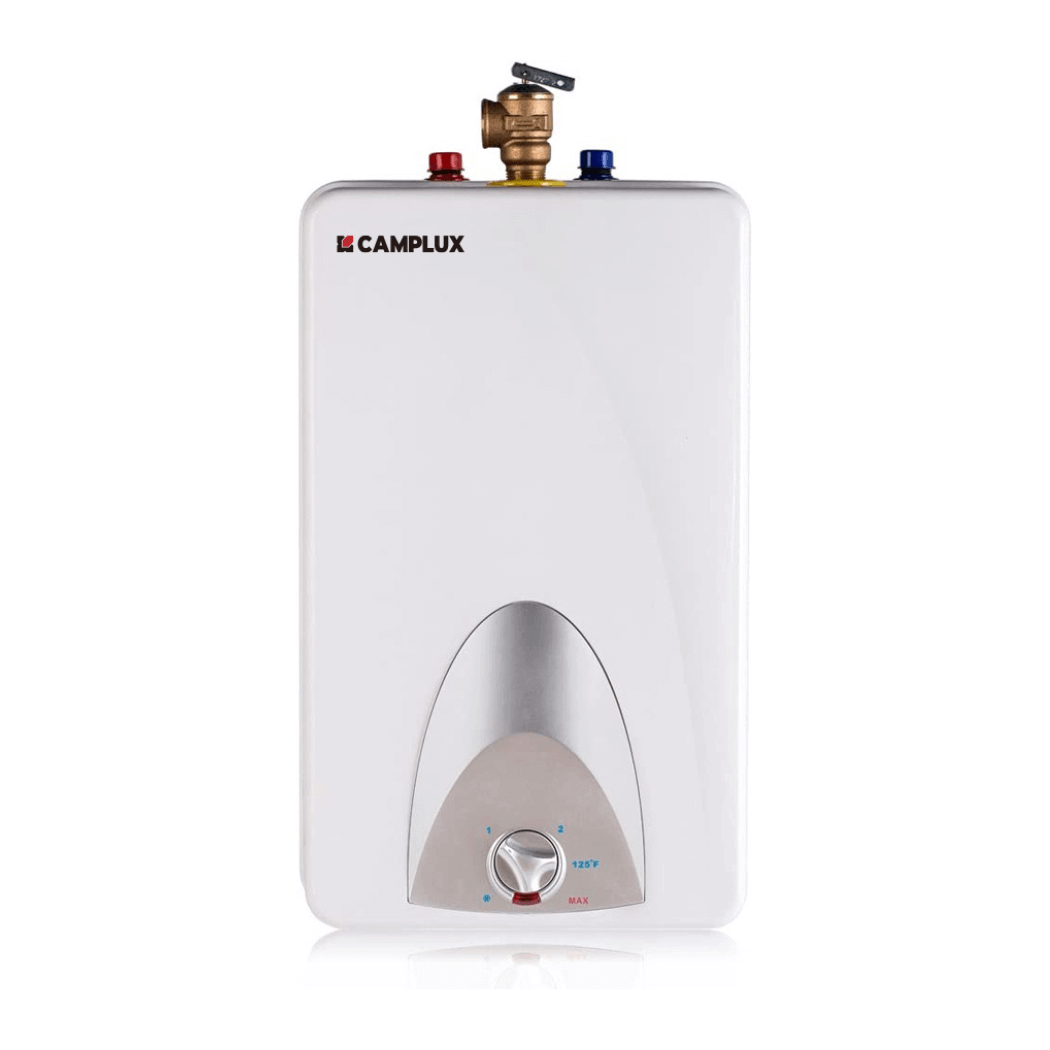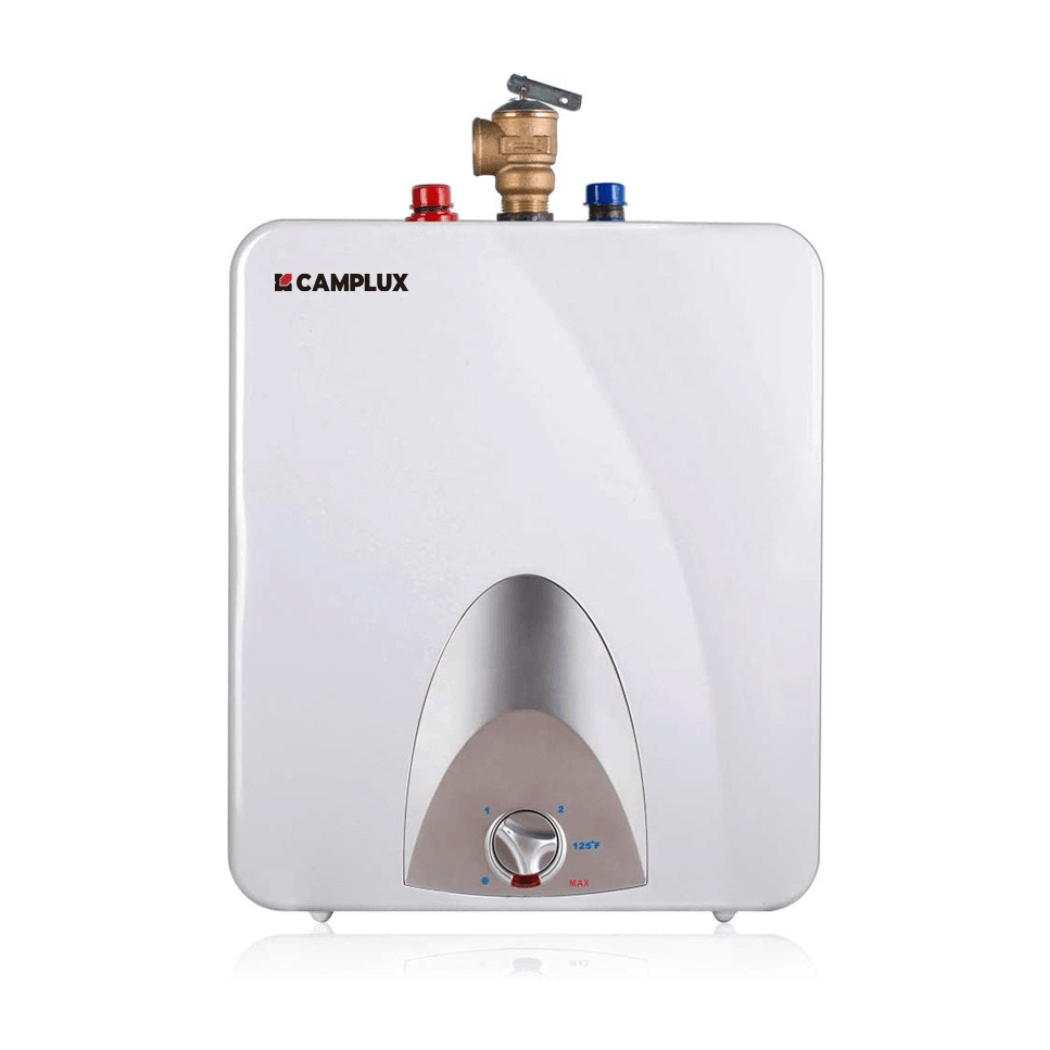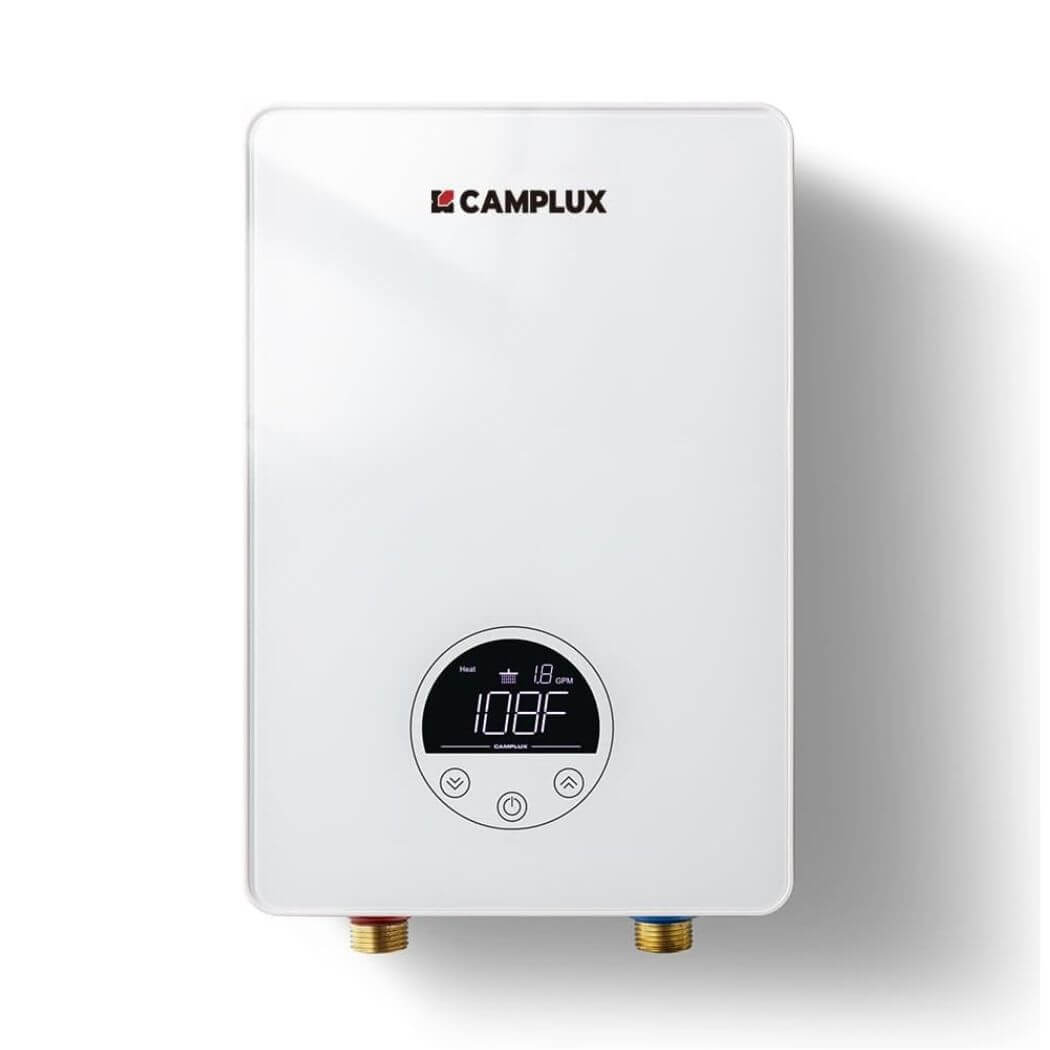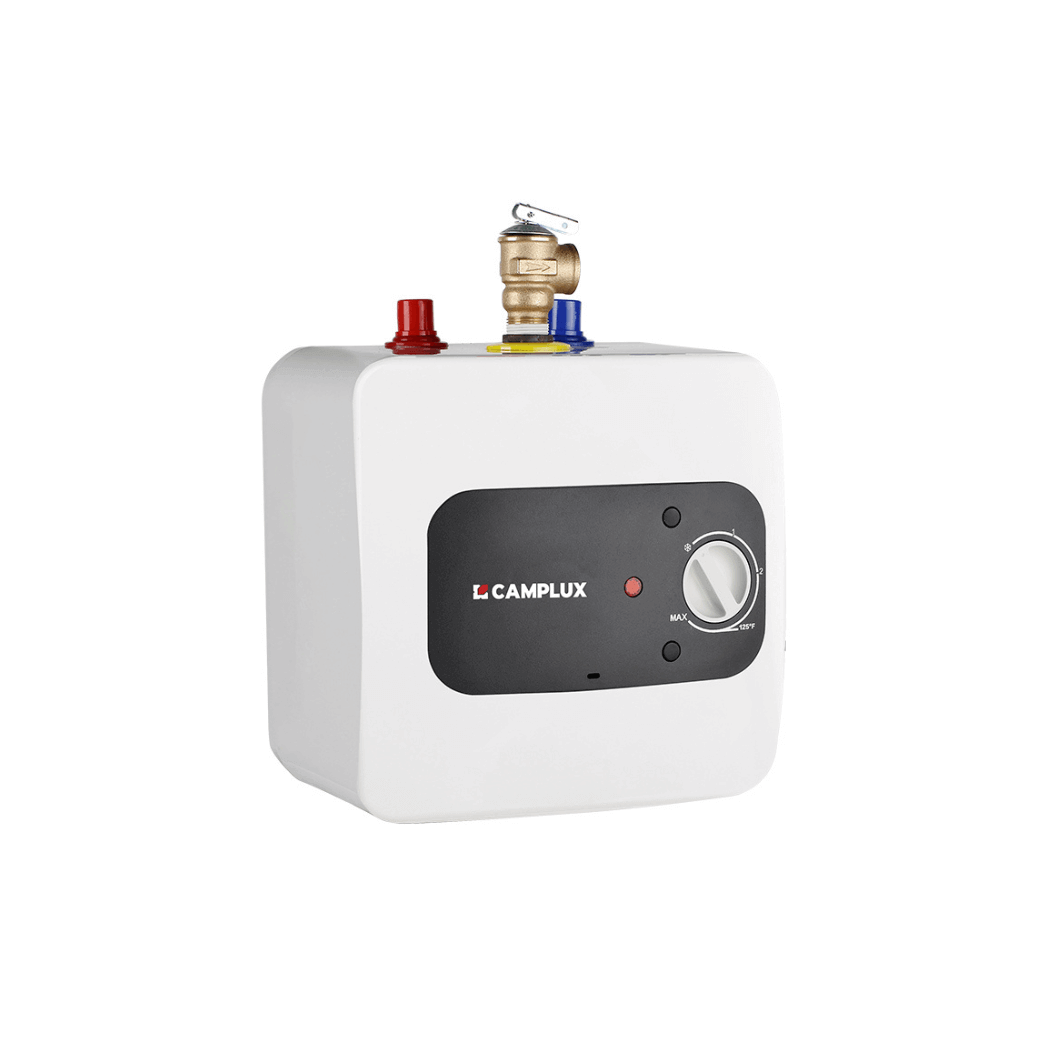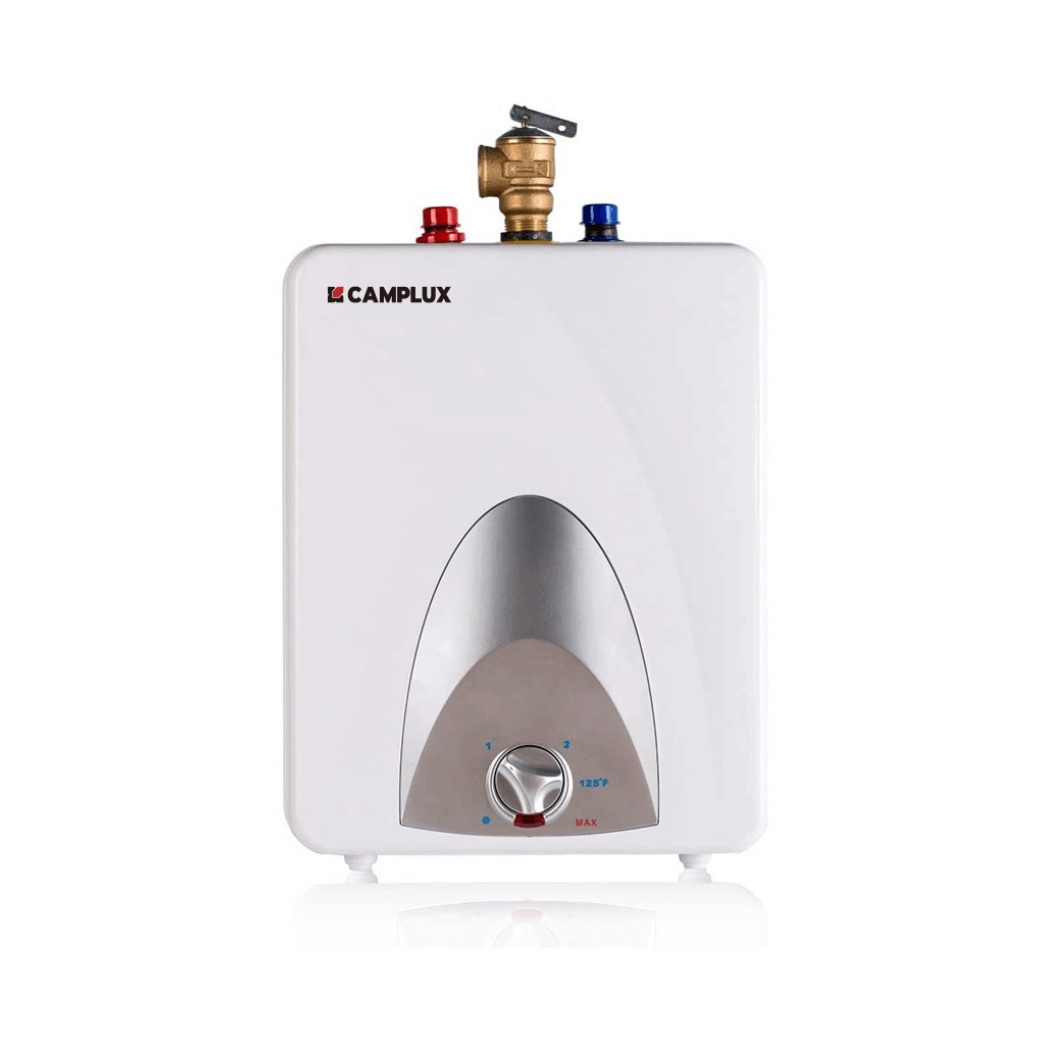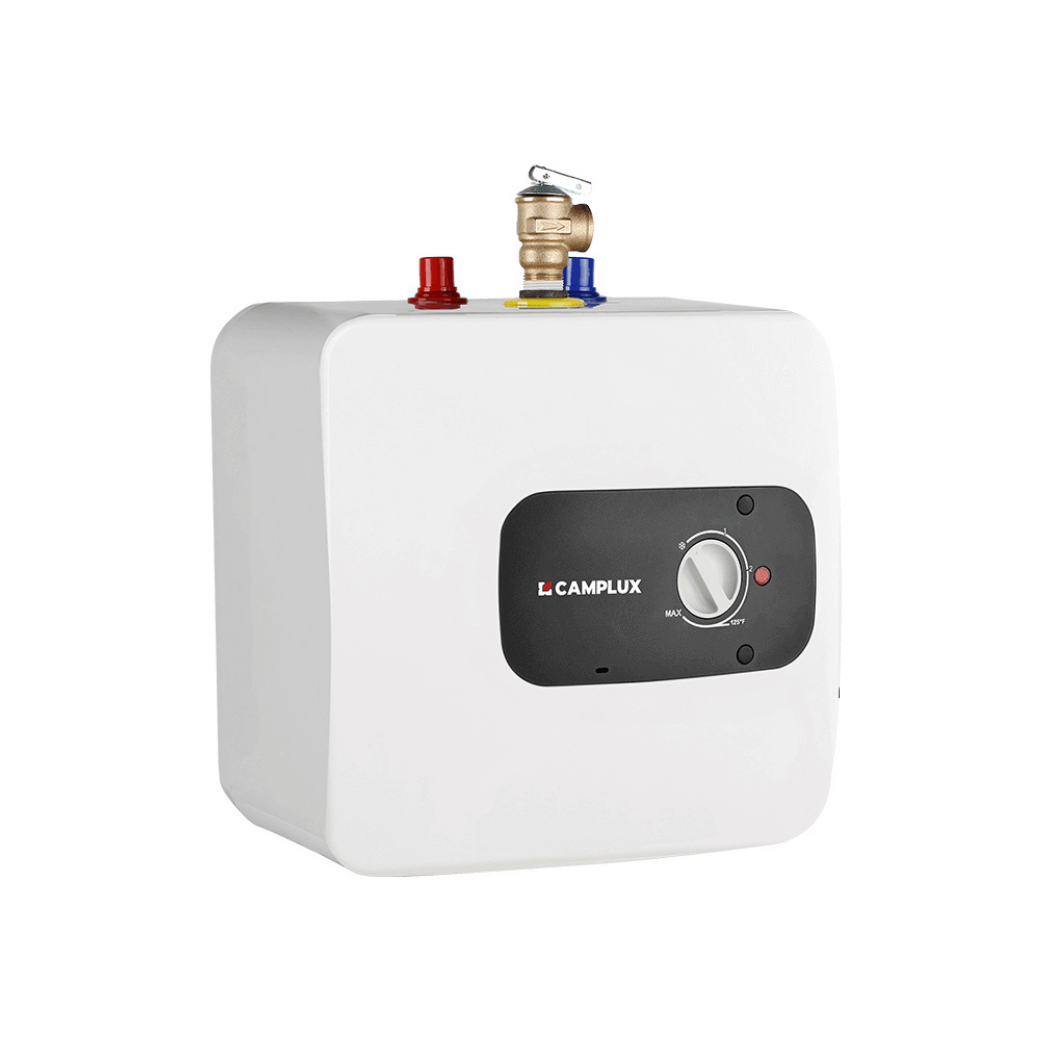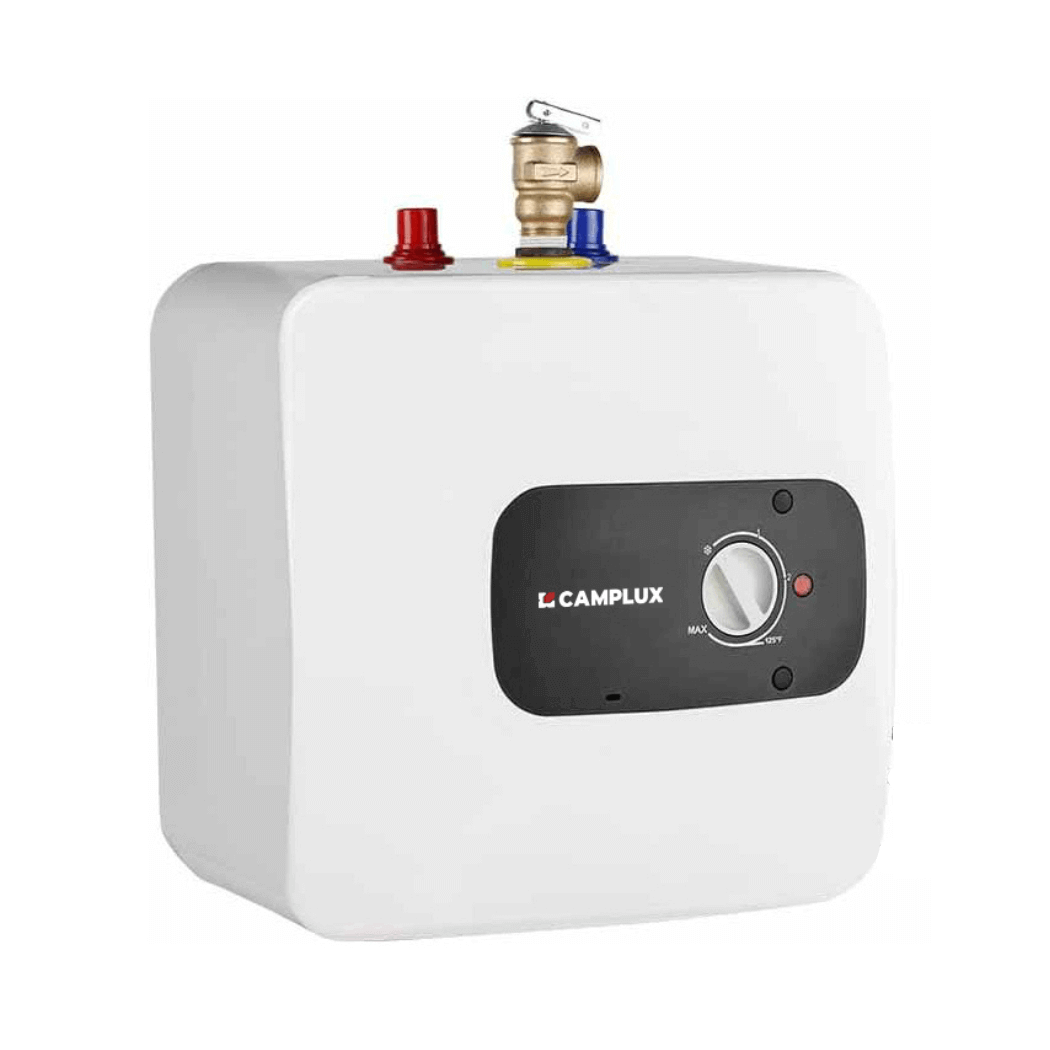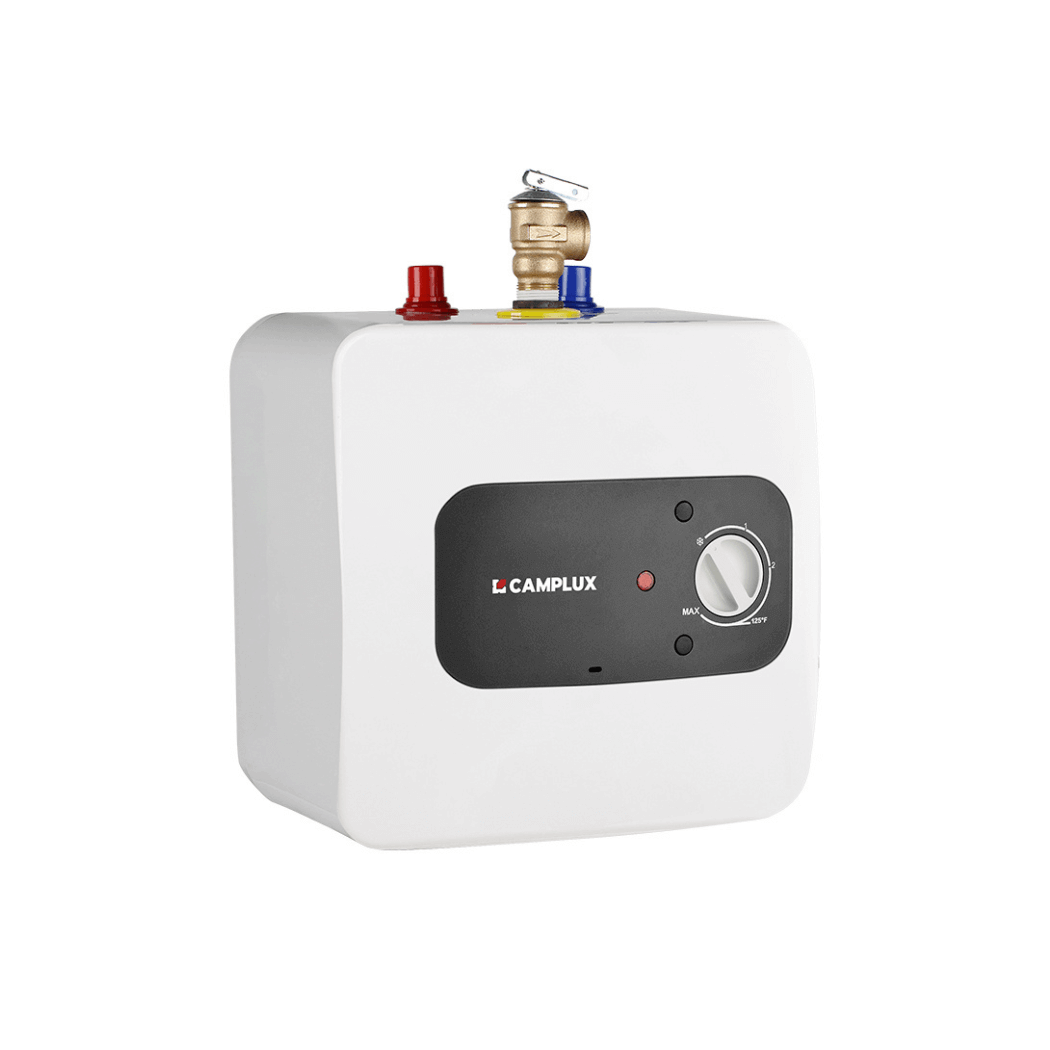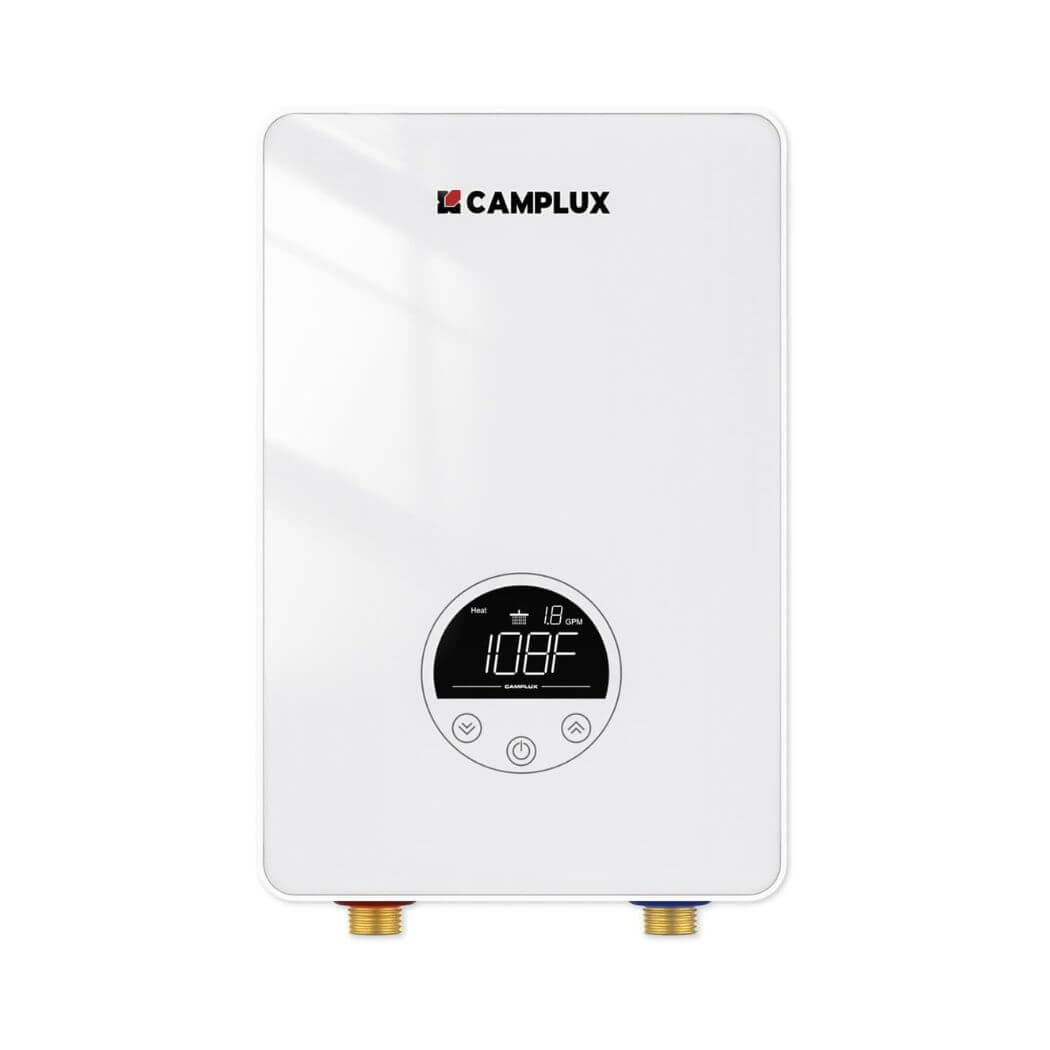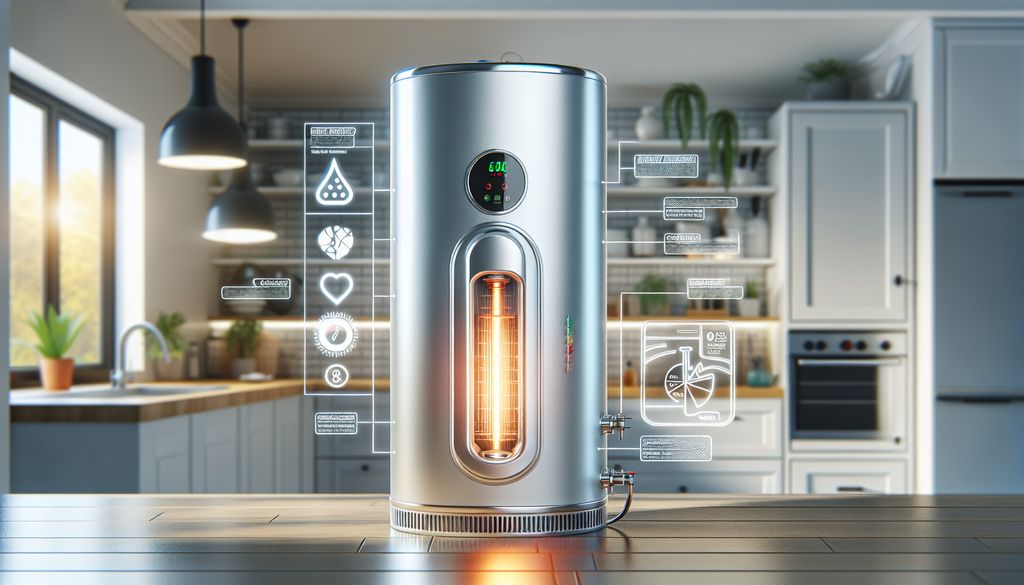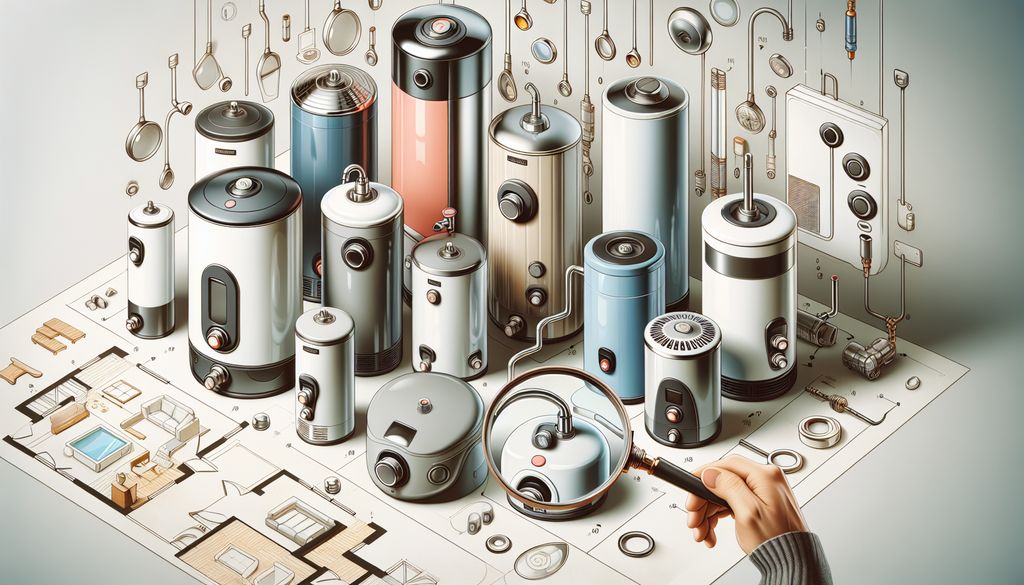Mini tank water heaters are a convenient and energy-efficient solution for providing hot water in small spaces. In this buying guide, we will explore the key aspects of mini tank water heaters, including their advantages, energy efficiency, installation, and maintenance. Whether you're considering a mini tank water heater for your home, office, or other space, this guide will help you make an informed decision.
Key Takeaways
- Consider the hot water needs of your space before choosing the size and capacity of a mini tank water heater.
- Look for energy-efficient features such as insulation and adjustable thermostats to maximize energy savings.
- Compare energy efficiency ratings to identify the most cost-effective option for long-term savings.
- Proper installation is crucial for the performance and longevity of a mini tank water heater.
- Regular maintenance and timely troubleshooting can prevent common issues and extend the lifespan of a mini tank water heater.
Understanding Mini Tank Water Heaters
What is a Mini Tank Water Heater?
A mini tank water heater is a compact, point-of-use appliance that provides hot water for specific applications. It is designed to deliver quick and convenient access to hot water at the point of use, reducing the wait time for hot water and minimizing energy waste.
Point-of-Use Appliance : Mini tank water heaters are installed near the sink or faucet where hot water is needed, eliminating the need for long pipe runs and reducing heat loss.
Compact Design : These water heaters have a small storage tank, typically ranging from 2.5 to 10 gallons, making them suitable for small spaces and easy to install.
Convenient Access : The proximity of the mini tank water heater to the point of use ensures immediate access to hot water, reducing water and energy waste compared to traditional water heating systems.
Energy Efficiency : While mini tank water heaters may have lower storage capacity, they can still offer energy-efficient operation, especially when equipped with advanced insulation and temperature control features.
Quick Recovery : Some models have rapid recovery rates, allowing for faster reheating of the water in the tank, ensuring a steady supply of hot water for the intended application.
Cost-Effective Solution : For specific hot water needs, mini tank water heaters can be a cost-effective solution, providing localized hot water without the expense of a larger, whole-house water heating system.
Advantages of Mini Tank Water Heaters
Mini tank water heaters offer several advantages that make them a popular choice for certain applications. These compact units provide quick and convenient hot water at the point of use, eliminating the need for long waits or wasted water. Additionally, their versatile installation options make them suitable for small spaces, such as under sinks or in utility rooms. The energy efficiency of mini tank water heaters also contributes to their appeal, as they can reduce standby heat loss and lower energy costs. When considering the advantages, it's important to evaluate the specific needs and requirements of the intended application to determine if a mini tank water heater is the right choice.
Disadvantages of Mini Tank Water Heaters
Mini tank water heaters offer the advantage of providing hot water at the point of use, reducing the wait time for hot water to reach the faucet or shower. However, one of the disadvantages of mini tank water heaters is their limited hot water supply, which may not be sufficient for larger households or high-demand applications. It's important to consider the hot water needs of your household before opting for a mini tank water heater. Additionally, the limited capacity of mini tank water heaters may result in quicker depletion of hot water during peak usage times, leading to longer recovery times for hot water.
Choosing the Right Size and Capacity
Determining Your Hot Water Needs
Determining your hot water needs is crucial when selecting a mini tank water heater. Consider the number of fixtures requiring hot water, such as sinks, showers, and appliances. Additionally, factor in the peak demand for hot water during high-usage periods, like mornings or evenings. This assessment will help you determine the appropriate size and capacity of the mini tank water heater for your specific requirements.
Sizing and Capacity Considerations
Determining Your Hot Water Needs
When selecting a mini tank water heater, it's crucial to accurately assess your hot water requirements. Consider the number of people in your household, their daily hot water usage, and the peak demand periods. This will help you determine the ideal size and capacity for your mini tank water heater.
Sizing and Capacity Considerations
The size and capacity of the mini tank water heater should align with your specific hot water needs. Ensure that the unit can provide sufficient hot water during peak demand without unnecessary energy consumption.
Installation Space Requirements
Factor in the available space for installation. Measure the designated area to ensure that the selected mini tank water heater fits comfortably. Consider the proximity to the point of use and accessibility for maintenance when determining the installation location.
Installation Space Requirements
Energy-efficient mini tank water heaters are designed to minimize energy consumption and reduce operating costs. By incorporating advanced insulation materials and high-efficiency heating elements, these units optimize heat retention and minimize heat loss, resulting in significant energy savings over time. Additionally, the use of programmable thermostats and smart heating controls further enhances energy efficiency, allowing users to customize heating schedules and temperature settings to match their specific hot water needs.
When comparing energy efficiency ratings of mini tank water heaters, it's important to consider the Energy Factor (EF) and the Uniform Energy Factor (UEF) . These ratings provide valuable insights into the overall energy efficiency of the unit, taking into account factors such as standby heat loss and recovery efficiency. Higher EF and UEF ratings indicate superior energy efficiency, translating to lower energy costs and reduced environmental impact over the long term.
To maximize long-term cost savings, it's essential to consider the overall lifecycle cost of the mini tank water heater. This includes initial purchase price, installation costs, ongoing energy expenses, and potential maintenance and repair costs. By evaluating the total cost of ownership over the expected lifespan of the unit, consumers can make informed decisions that align with their budget and sustainability goals.
Tip: Regularly maintaining and servicing your mini tank water heater can further enhance its energy efficiency and extend its operational lifespan. This includes flushing the tank to remove sediment buildup, checking and replacing anode rods as needed, and ensuring proper insulation and sealing to minimize heat loss.
Energy Efficiency and Cost Savings
Energy-Efficient Features to Look For
When considering energy-efficient features for mini tank water heaters, it's important to focus on insulation , heating elements , and temperature control . These elements play a crucial role in the overall energy efficiency of the unit. Additionally, ENERGY STAR certification is a key indicator of high energy efficiency. To compare the energy efficiency of different models, look for the Energy Factor (EF) rating, which quantifies the overall efficiency of the unit. Here's a table summarizing the energy efficiency ratings of common mini tank water heaters:
| Model | Energy Factor (EF) |
|---|---|
| A | 0.95 |
| B | 0.90 |
| C | 0.85 |
When selecting a mini tank water heater, prioritize models with higher EF ratings for long-term cost savings and reduced energy consumption. Remember to consult the manufacturer's specifications for detailed energy efficiency information.
Tip: Proper insulation and a high-quality heating element are essential for maximizing energy efficiency and reducing heat loss in mini tank water heaters. Regular maintenance and care also contribute to sustained energy efficiency over time.
Comparing Energy Efficiency Ratings
When comparing energy efficiency ratings , it's important to consider the specific metrics used to measure efficiency. Look for ratings such as Energy Factor (EF) and Uniform Energy Factor (UEF) , which provide insight into the heater's performance. Additionally, pay attention to the annual operating cost estimates, as this can significantly impact long-term savings.
To make an informed decision, create a comparison table that includes the EF and UEF ratings of different models. This will help visualize the variations in efficiency and make it easier to identify the most energy-efficient option. Remember to also factor in the annual energy consumption and operating costs to gain a comprehensive understanding of the potential savings over time.
Tip: Prioritize models with higher EF and UEF ratings, as they indicate superior energy efficiency and potential cost savings over the lifespan of the mini tank water heater.
Long-Term Cost Savings
Long-term cost savings are a key consideration when investing in a mini tank water heater. By choosing an energy-efficient model, you can significantly reduce your utility bills and minimize environmental impact . Additionally, opting for a heater with a higher Energy Factor can lead to substantial savings over time. It's important to compare the operating costs of different models to make an informed decision. Consider the longevity of the unit and its warranty to assess the overall cost-effectiveness. Regular maintenance and proper usage can further enhance the durability and efficiency of the water heater, ensuring sustained cost savings in the long run.
Installation and Maintenance Tips
Proper Installation Guidelines
Proper installation of a mini tank water heater is crucial for its performance and longevity. It ensures safety and efficiency in delivering hot water to your desired locations. Here are some key tips to consider:
- Location : Place the mini tank water heater in a well-ventilated area with easy access for maintenance.
- Leveling : Ensure the unit is installed on a level surface to prevent potential leaks and malfunctions.
- Electrical Connection : Follow the manufacturer's guidelines for proper electrical wiring and connections to avoid hazards.
- Water Connection : Use appropriate fittings and ensure secure connections for the water supply to prevent leaks and damage.
- Temperature Regulation : Set the temperature to the recommended level for energy efficiency and safety.
Tip: Regularly check for any signs of wear, leaks, or malfunctions to address issues promptly and prevent potential damage.
Maintenance and Care Recommendations
Mini tank water heaters require regular maintenance to ensure optimal performance and longevity. Proper care and attention can extend the lifespan of the unit and prevent costly repairs. Here are some essential maintenance and care recommendations:
- Flush the Tank : Periodically flush the tank to remove sediment and mineral buildup, which can affect heating efficiency.
- Check the Anode Rod : Inspect the anode rod annually and replace it if it shows signs of corrosion, as it protects the tank from rust and corrosion.
- Inspect the Pressure Relief Valve : Test the pressure relief valve to ensure it's functioning correctly and release any excess pressure.
- Monitor Temperature Settings : Regularly check and adjust the temperature settings to prevent overheating and optimize energy usage.
Tip: Keep the area around the mini tank water heater clear of clutter to allow for proper ventilation and easy access for maintenance tasks.
These simple maintenance practices can help maintain the efficiency and reliability of your mini tank water heater for years to come.
Troubleshooting Common Issues
Proper installation and regular maintenance are crucial for ensuring the optimal performance and longevity of your mini tank water heater. Here are some essential tips to keep in mind:
-
Proper Installation Guidelines: Ensure that the mini tank water heater is installed according to the manufacturer's specifications and local building codes. This includes proper electrical or plumbing connections and adequate ventilation.
-
Maintenance and Care Recommendations: Regularly inspect the unit for any signs of wear, corrosion, or leaks. Flushing the tank periodically can help prevent sediment buildup and maintain efficient operation.
-
Troubleshooting Common Issues: Refer to the user manual for troubleshooting guidance. Common issues such as insufficient hot water, unusual noises, or temperature fluctuations may have simple solutions that can be addressed with basic maintenance or adjustments.
Tip: Consider scheduling professional maintenance at least once a year to ensure the mini tank water heater continues to function optimally and to address any potential issues before they escalate.
Conclusion
In conclusion, mini tank water heaters are a convenient and energy-efficient solution for providing hot water in small spaces. Understanding the advantages and disadvantages, choosing the right size and capacity, and considering energy-efficient features are essential steps in making an informed purchase decision. Proper installation, maintenance, and troubleshooting will ensure the longevity and optimal performance of your mini tank water heater. With the right knowledge and care, you can enjoy long-term cost savings and contribute to energy efficiency in your home.
Frequently Asked Questions
How do mini tank water heaters work?
Mini tank water heaters work by storing a small amount of hot water, typically 2.5 to 10 gallons, and keeping it heated at all times for immediate use.
Are mini tank water heaters suitable for small spaces?
Yes, mini tank water heaters are designed to be compact and can be installed in small spaces such as under sinks or in cabinets.
Do mini tank water heaters require special installation?
While installation is relatively simple, it's important to follow manufacturer guidelines and local building codes to ensure proper installation and safety.
What are the energy-efficient features of mini tank water heaters?
Energy-efficient features may include insulation to minimize heat loss, high-efficiency heating elements, and programmable temperature settings.
How can I maintain a mini tank water heater?
Regular maintenance includes flushing the tank to remove sediment, checking for leaks, and inspecting the heating elements for proper function.
What are the common issues with mini tank water heaters?
Common issues may include insufficient hot water, leaks, sediment buildup, and issues with the heating elements. Proper maintenance and troubleshooting can help address these issues.

